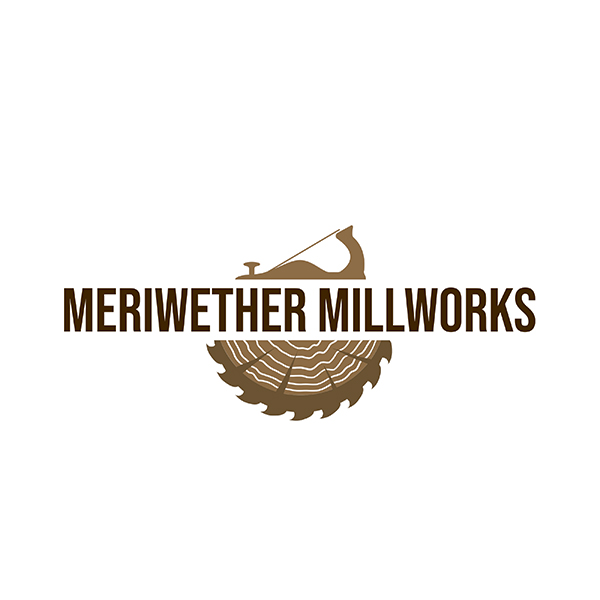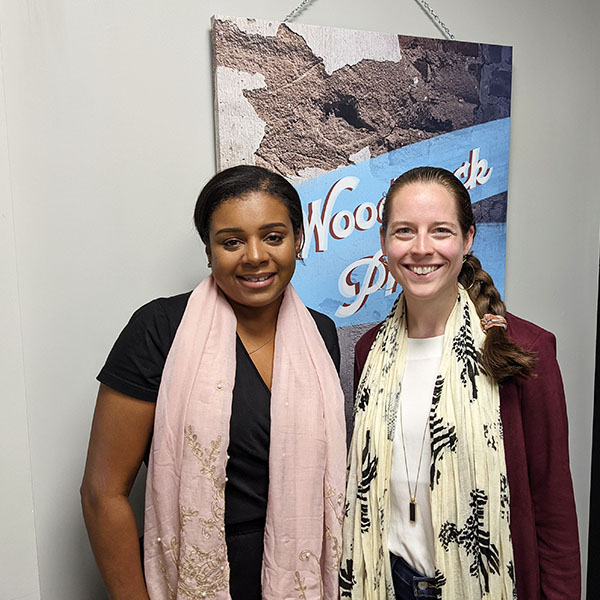
This Episode was brought to you by
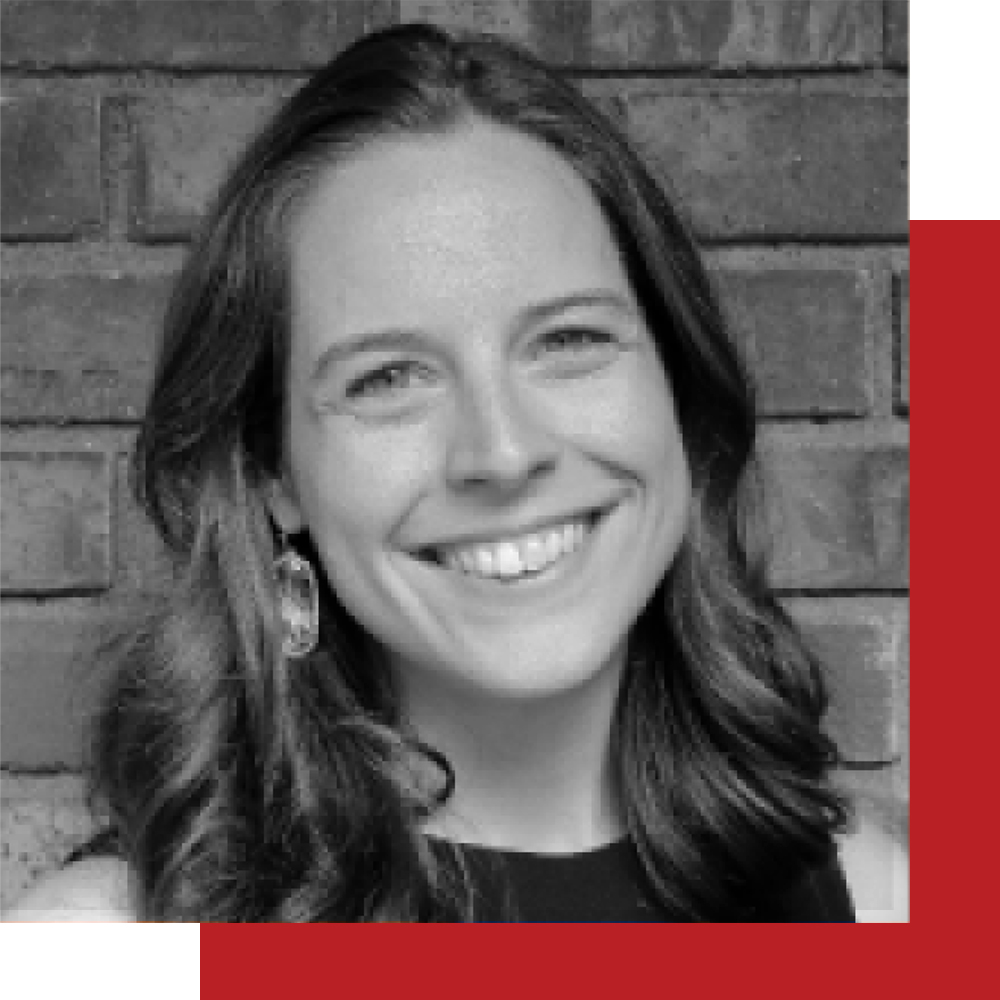 Kendrick Jones, Mortgage Lender with Summit Funding Advisors
Kendrick Jones, Mortgage Lender with Summit Funding Advisors
Kendrick has lived in Cobb county her whole life (currently barely live in Cobb – just across the county line!), and she’s always loved Cherokee County and Woodstock. Kendrick had originally planned to teach economics as a career, but in graduate school realized she wanted to be face to face helping people’s personal economics! She has now been in the mortgage industry since 2017, and takes her love for learning and teaching to smoothly transition her clients through the loan process, with as much guidance as they seek.
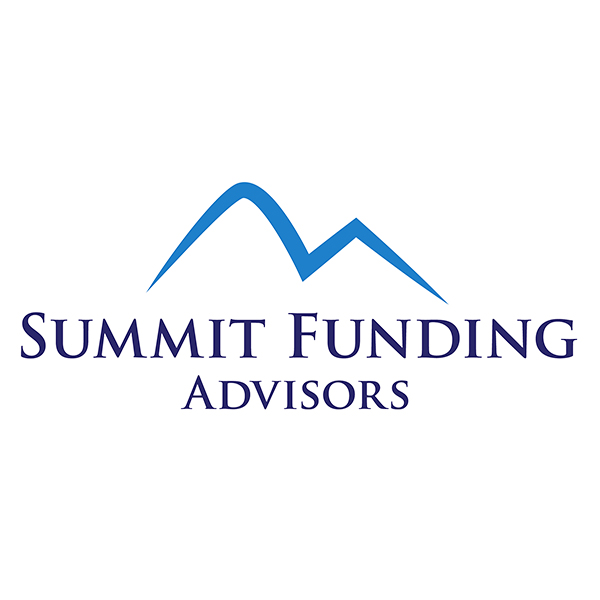 Connect with Kendrick on LinkedIn and Facebook
Connect with Kendrick on LinkedIn and Facebook
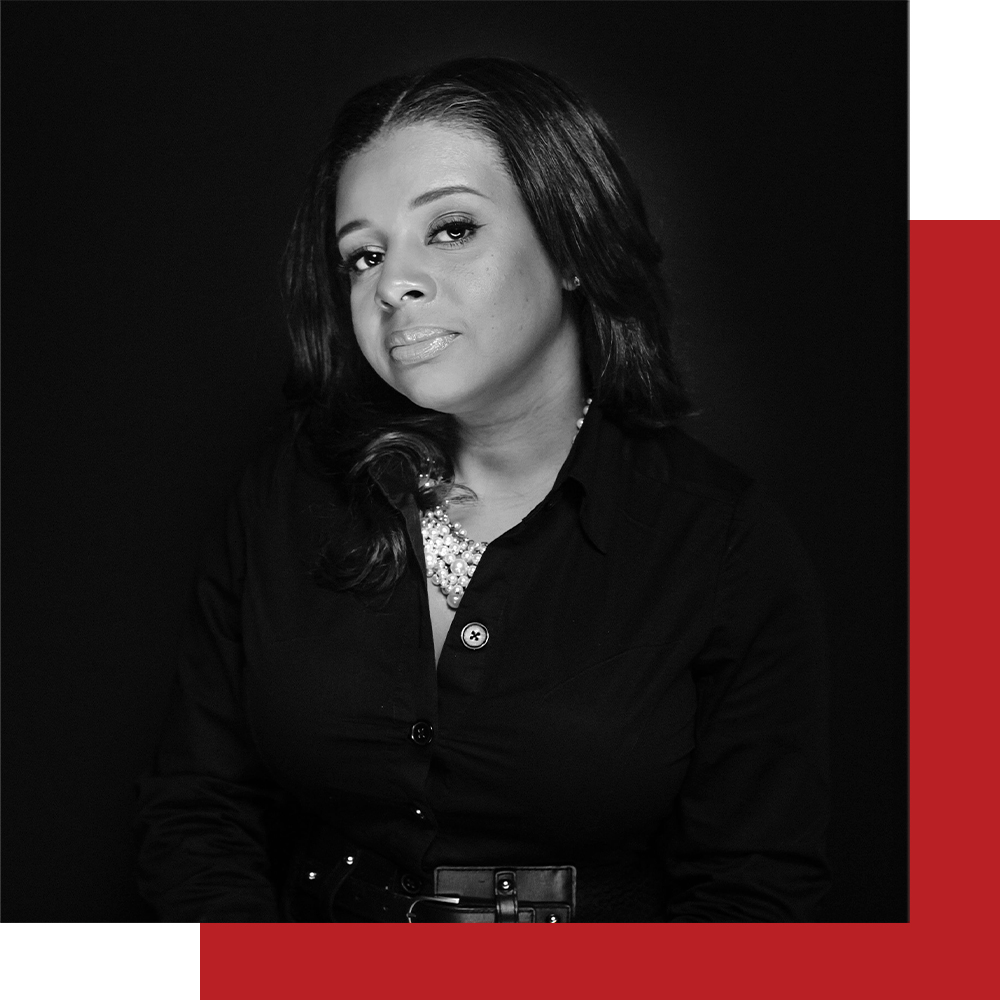 Tamara Lewis, VP of Pink Pearl Hero
Tamara Lewis, VP of Pink Pearl Hero
Tamara (Tammy) Lewis, MPH Regional Vice President, Primerica Pink Pearl Hero, Non Profit Founder, CEO of 1DopePlanner Tammy (Brown) Lewis, hails from the mighty “ Show Me State” of St. Louis, MO! This wife and a mother of two beautiful girls, visions herself as a “Servant Leader” to her community in any work-capacity that she has been in.
Tammy started her career as a Health Educator, carrying on various roles in the community sector, research and development, as well as the corporate setting, in pharmaceuticals. Her pharmaceutical roles have varied from Sales Representative, Regional Field Trainer and District Business Manager. She has a total of twelve (12) years experience in pharmaceuticals from Pfizer Pharmaceuticals and Novo Nordisk combined. In the most recent years, Tammy took a 360 career change from corporate America and jumped into the world of finance and entrepreneurship as a Regional Vice President, in Primerica. Her focus is to help people get on “The Right Side of Wealth” and put a financial game plan in place to help people succeed at the money game.
A life changing diagnosis of breast cancer, has birthed two new passions. She is the the Founder of Pink Pearl Hero Non Profit that focuses on Self Awareness Self Love, and Self Care for all women while advocating for breast cancer awareness and women’s empowerment. Due to limitations during her breast cancer journey she create a digital planner, 1dopeplanner that integrates digital and paper planning in one platform that allows people to be more productive. With a continuous focus on community service, she is also a member of Delta Sigma Theta Sorority, Inc. and Girl Scouts of America.
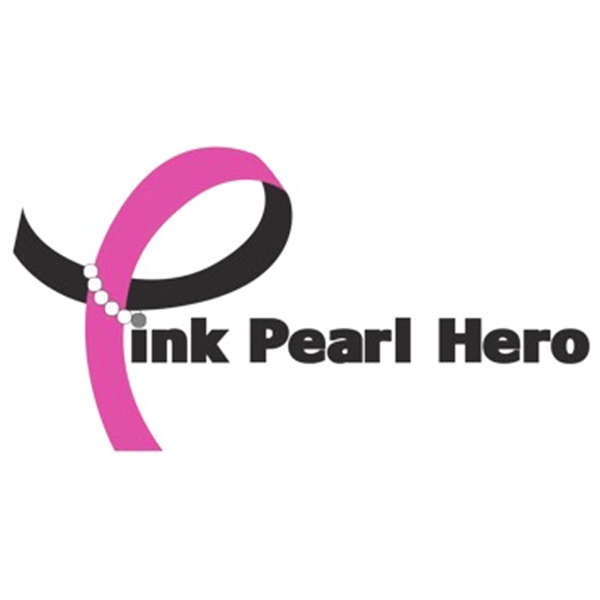 Connect with Tammy on LinkedIn and Facebook
Connect with Tammy on LinkedIn and Facebook
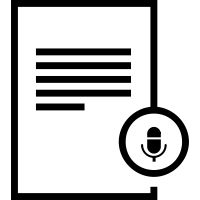 This transcript is machine transcribed by Sonix
This transcript is machine transcribed by Sonix
TRANSCRIPT
Speaker1: [00:00:07] Broadcasting live from the Business RadioX Studios in Woodstock, Georgia. It’s time for Cherokee Business Radio. Now here’s your host.
Speaker2: [00:00:23] Welcome to Cherokee Business RadioX Stone Payton here with you this morning, and today’s episode is brought to you, in part by Alma Coffey, sustainably grown, veteran owned and direct trade, which of course means from seed to cup, there are no middlemen. Please go check them out at my alma coffee and go visit their Roastery Cafe at thirty four point forty eight Holly Springs Parkway in Canton. As for Harry or the brains of the outfit Letitia and tell them that Stone sent you. You guys are in for a real treat this morning. First up on Cherokee Business Radio, please join me in welcoming to the broadcast with Pink Pearl hero. Miss Tami Lewis, good morning.
Speaker3: [00:01:09] Good morning. How are
Speaker2: [00:01:11] You? I am doing well, so delighted that we’re finally getting a chance to do this show. You and I at one networking event, fundraising something or another will point at each other very quickly and we’ve got to get together. We’ve got to do that thing right, right? And now we’re finally getting a chance to to do it. Pink Pearl Hero Mission Purpose. Tell us a little bit about this organization.
Speaker3: [00:01:35] Yeah, so this was actually placed. So it’s I always call it Pink Pearl Heroes, part of my Jonah moment. It was not in my vision at all. It was something that just kind of happened. But so little history about it, how it really started. So in July of 2018, I actually was preparing for my first 5K. Well, it actually was a 10k. I thought it was a 5K. I found out 30 days before. Oh, it’s a 10k. So the peach tree here. So the whole time I thought it was a 5K and I was training for this race and I would go back and forth from St. Louis to Atlanta because I was working and one day I was running in my pearls and this kind of had the pearl started. And this couple, this older couple stopped me in mid run and said, Are you running in your pearls? I’m like, Yeah. And they were like, That’s really classy. I’m like, That’s me. And so the kind of like that’s where the pro came from. But then 30 days later, I get diagnosed with breast cancer, so I was at my healthiest of my life, ran a 10k that I thought was a 5K, and 30 days later, I get diagnosed with breast cancer and my whole life changed. And during that process, I was going back and forth. I mean, so we went from, you know, the mammogram. We went from the ultrasounds to the biopsies to the like, the MRIs. And we, you know, finally found out that it was on my left breast and I had to get a mastectomy.
Speaker3: [00:03:02] So as I was going back and forth, I would stay up late at night because of the type of surgery I had. I had a what’s called a. I had the double mastectomy and I had a lattice CMOs Dorsey with reconstruction surgery. So I had a genius plastic surgeon. But the surgery, you know, I wanted to know more about it. So just like everybody else in the U.S., what do we do? We go Google it. So I went to Google to see what the surgery was going to look like, what it was going to be about and when I would go on Google and I would see women, but I never saw women who look like me. And I was like, well, you know, if if breast cancer really affects women of color, mainly black women, like we have higher death rates than other women, I did not know that. Yeah, we have higher death rates and other women, and a lot of it is because we’re finding out later and there’s more aggressive types. But because I didn’t see me, I’m like, Somebody needs to start talking about it. And you know, there’s, you know, some celebrities, they were talking about it, but I never saw the common woman. And I hate to say common cause I don’t consider myself common, but you know what I’m saying? And so I was like, You know what? Somebody needs to talk about it, and I had a moment. It was like at three o’clock in the moment, this is in the morning.
Speaker3: [00:04:14] This is where I get all my great ideas. I get 3:00 in the morning, of course, and I was like, You used to be a health educator. So I used to be a health educator. And my first project as a health educator was the breast cancer and cervical project in St. Louis. And I’m like, Why are you waiting on someone? This is your background. Why don’t you do it? And so I was like, But I struggle like, what am I going to do, what I’m going to talk about and I’m going to start this organization? What’s the name going to be? Yeah, we’ll put pink in it. And then, of course, that’s where the Pearl came in. And then the hero came in. Because the National Institutes of Health actually had a study about the hero syndrome for women about how we take care of everyone else, and then they looked at it by race. But women as a whole because we take care of everybody else. I mean, that’s just we’re just nurturers by nature. But we always put ourselves last. And when I found out about my breast cancer, this was my second time rescheduling my, well, woman exam because I got busy and I had something else to do. So I was like, Oh, I’ll just reschedule it. So, I mean, it was all divine timing. It happened when it was supposed to happen, but that visit was supposed to happen like months, you know, before that. So. And that’s how that’s how it started. It started right from there.
Speaker2: [00:05:29] So talk about the screening, how important is screening and is that a yearly thing twice a year?
Speaker3: [00:05:37] So, you know, women in general should do their monthly breast self-exams and there’s, you know, great resources. You know, now that we have more technology, you know, women can go online and see videos of how to, you know, actually do a proper breast self-exam. But I mean, you know, we need to start teaching our younger girls how to do it. You know, I actually did a a workshop for one of the Girl Scout troops and we were talking about breast cancer, and I asked him how many of them knew how to do a breast self-exam, and no one knew. I’m like, OK, so there’s problem number one. Yeah, we got to start earlier and then women over 40, that’s when we’re supposed to start to get our mammograms. So I got diagnosed when I was 44 and that was my first mammogram, so I was already four years behind. So, yeah, at 40, that’s when the mammograms are supposed to start happening.
Speaker2: [00:06:29] And if this kind of thing is identified early, the earlier we know the the better.
Speaker3: [00:06:35] Yes. So the type of breast cancer I had was ductal carcinoma, so I had ductal breast cancer and I was I’m just a little aggressive. I mean, people who know me know that I’m pretty aggressive. I was like, we were doing this guns blazing because I’m only doing this one time. But the earlier that you can find out, the higher you know your your mortality rates are so right. So I mean, early detection is always key. It’s always key.
Speaker2: [00:07:02] Now are there aspects to, I don’t know, lifestyle diet that can impact this? Or do we know yet?
Speaker3: [00:07:09] So so I actually did get genetic testing done because I have two daughters, and so I wanted to make sure I didn’t have the BRCA gene. So that’s the gene that’s a carrier for our marker, for breast cancer. And if I did, then we knew how to take care of them so they can be a little bit more aggressive. And all my genetic testing came back negative for all cancers, which like, would they test me for everything? So which led me to know that it is environmental, that it had to be something that I ingested? Put it on me. I mean, I’m learning some things that are going on in the in St. Louis. It’s called Cold Water Creek. You can kind of look it up that there’s a higher rate in the county I lived in actually has the second highest rate of cancer and actually breast cancer in the U.S. and I’ve lived there twice. Like in high school and then again when my husband and I built a home there. So. And it was during the exposure period. So now I’m trying to figure out, hmm, I wonder. But I mean, that’s just one isolated incidents. But I mean, a lot of it is, you know, lifestyle and environment as well.
Speaker2: [00:08:21] So Pink Pearl Hero, is this an organization? Is this a group of do you have like Margarita Mondays? You get together and raise money with drinks?
Speaker3: [00:08:29] We actually did have a pink drink for one of mine.
Speaker2: [00:08:32] It’s fantastic.
Speaker3: [00:08:33] So we I’m really just now coming out and. Putting the plan together to get some things done, because I just got done in December, like with all my surgeries and procedures. Oh wow. So I had in total five surgeries and did 28 radiation treatments once it was all said and done. And so now I’m like getting back up to speed where I’m like, OK, so now we got to, you know, put some action to, you know, what we said we’re going to do. So right now, it’s our it’s our nonprofit. And I was I knew I wanted to give back my story as part of that just to, you know, you know, talk to women about, Hey, so you look perfectly healthy, but you never know what’s going on, you know, deep down. And one of the things that we decided to do, I went back and I said, what were some of the things that made me happy during the process? And I had a couple of girlfriends that would send me like a box, just a box of stuff, funny stuff, gift cards, self-care, things. And I was like, Well, what if we do a hero box? And in the hero box, because I’m big on women’s empowerment, that the like big ticket item comes from a woman’s own business. And so that way I can still support women. I can support breast cancer. And so throughout this the pandemic, I’ve been meeting with women who have their own businesses, and in my mind, I’m like, So how can I help her and how can she help me help breast cancer survivors at the same time? So I’ve met some phenomenal women, got some great ideas of items and content to put inside the hero box, and it checks off the box of all the things that I want to do.
Speaker2: [00:10:14] I wish you’d have been in the studio last week or actually, we have another episode this afternoon at the women in business, and so they’re always in here talking about their business side. But some of these folks, I think you already know, but that would be it might be fun to have you plug into that sneak back in
Speaker3: [00:10:29] If you let me.
Speaker2: [00:10:30] So speaking of business and work, what kind of impact and how do you integrate the the two?
Speaker3: [00:10:39] So so again, my background is actually health care. And I was in the health care industry and I was in the pharmaceutical industry as well for about 14 years. And so I just I mean, like I read research different. I look at, you know, like chlorophyl, like how does chlorophyl help? So bringing all those things to the table? But then when it comes to the the business aspect, my personal story is what I use because I’m a broker partnering with my husband in financial services. And I mean, I did a total 360. I always tell people I went from selling legal drugs to selling money. That’s me legal, legal. Anyway, so.
Speaker2: [00:11:21] So what kind of what kind of broker?
Speaker3: [00:11:22] What what’s the work? So so I’m in a broker and financial services, so I do investments, life insurance, those types of things. And I help people, you know, build their own businesses. So I have a team of agents as well. But my personal story is where I kind of wrap all that in because when I did get diagnosed and you know, a lot of people don’t want to think about death, but I actually did. I had to think about it because I had, you know, we have children and, you know, I told my husband, I said, Look, if anything happens to me, you guys are financially OK. I know we don’t want to have that conversation, but we’re financially OK. And you know, my thing is, if you’re fighting and you’re especially if you have children or someone you want to build a legacy for, why would your death like, stop that and people don’t want to have those tough conversations. But I knew I already had those things in place, and I talked to women all the time. I’m like, If my story doesn’t impact you enough to say I ran a 10k and 30 days later I got diagnosed with breast cancer and we we had no idea how severe it was at that point. But then, you know, the other thing is the type of life insurance that I have that it has, like a terminal illness benefit in it. So I had access to money. So then the other part of my brain is, well, if it’s more terminal, you got access to money and you can go find the cure. So if it’s in Sweden, if it’s in Mexico, you have access to money to go find the cure.
Speaker3: [00:12:43] So mindset wise, I mean, I’ve talked to some other, you know, breast cancer survivors, and the financial part is the biggest part of that. It’s the biggest part because it’s like, how am I going to pay the bills? How am I going to keep money coming in? How am I going to, you know, still be able to have health care, those things? And that was never the finance part was never an issue. And the business that we have, we have a business that has passive income. So I did not have to work. I just like chose to work and it worked when I wanted to, you know, going through radiation the first week, I was like, Oh, this is a piece of cake. The second week I was like, Oh, this is different, you know? And by the third and fourth going into the fifth week, you know, your your body starts to change. And what I found out is radiation is the equivalence. And this is what the nurse was telling me. It’s like if you were outside on the beach and you just laid out there for twenty four hours with no sons. That’s what a dose of radiation is. And I call it the Benjamin Button effect, too, because I was just like, I look a lot younger now than I did. I don’t recommend that for people to do that, but I think a lot of that’s just mindset. And then just, you know, the the love of of life and just loving life right now. So but having those things in place because one in eight women will get breast cancer in their lifetime.
Speaker2: [00:14:04] Wow. So part of your work all along was somewhat dedicated to bringing peace of mind to to professionals and families, but even more so now. Yes. And a dimension to it. So how can I don’t know what the right term is, layperson? How can you know the middle aged guy, right? Be supportive of the people who are going through this or in general, just knowing that it is a that it is something that needs that people need help with. And when you find out, you know, cousin Lacey or your sister in law has breast cancer, what is the best set of responses to something like that?
Speaker3: [00:14:45] So ironically, and I’m a true believer in you have not because you ask not. And one day I was like, You know what? I really need a guy that I can talk to who understands breast cancer. And that’s where one of my board members. His name is Latrell. His mother actually died from stage four breast cancer, and then two months later, he gets diagnosed with Hodgkin’s lymphoma. So he had to go through chemo. So he, like, really understands cancer. And so he’s one of he’s the only male that’s on my on my board, not by design, but I did, you know, want him on the board to get a male perspective on how do you support a woman who does have breast cancer? And it’s, you know, I think most people think, Oh, yeah, your wife know it could be your mom, it could be your sister, your cousin, a coworker, a friend. And how do you do that? You know, I think some of that and those are the conversations that he and I did a like a zoom during when we were all like on lockdown lockdown and we just had conversations. And he and I need to do that again. I actually need to call them because a lot of people, men and women like tuned in and asked questions like, How do you how do you support a woman? I think, you know, a lot of it is is really understanding that she’s going to have highs and lows and that she’s not going crazy.
Speaker3: [00:16:07] She’s just having highs and lows because like every day, anytime you have a new surgery, it’s like a different you and you got to get used to the different you, especially if you’re going through like reconstruction. I mean, breast cancer is a little different because for a woman, that’s her femininity, and now she she’s a different woman. And if she has reconstructive surgery, she’s a different woman. Every surgery. And it’s that. And then also just if you know, you know, if you know a woman, I mean, especially a woman who’s important in your life, I mean, just ask her, look, you know, not too much information or TMI, but did you do your breast self-exam this month? I’m going to take you out to dinner, I don’t know. But but having those conversations because, you know, I tell people, I said, the one thing that there is no vaccine for right now is breast cancer, right? And it is real and the rates. I haven’t seen the most recent data, but the rates are going up of. Undiagnosed accounts, because a lot of women aren’t going to get their mammograms because they’re not going into the clinics or the health centers or the hospitals because of where we are right now. Oh man, yeah,
Speaker2: [00:17:21] I hadn’t thought about that. So there’s this, there’s the education component. And then there is we’re also trying to fund new research so that we can find some mitigating a cure that that kind of thing. And so have you got some? I know it’s a year round thing for you. Yeah, I find that we one of the things that I love about being able to do something like this is we can talk to folks who lead causes. In my experience has been, you know, for them, the cause is a year round thing, right? But there’s a lot of attention around it here in this culture in October. So there’s some there’s some stuff happening this month, next month, I would think that we ought to pay some special attention to foods or some upcoming.
Speaker3: [00:18:08] So I actually did a walk last Saturday, so it was kind of like a kind of impromptu walk, but I was like, I got to start somewhere. And I had a great group of people that were there who supported. I’m going to do like a mini walk. Actually, I’ll take that back. I did a the sister strut in St. Louis because St. Louis is where I’m from. I always go back there and I did a they did a parade this year because of COVID, but normally they do like a walk and a 5k. So a 5K is on my radar because you know of the running and running actually was my therapy during the whole process. Like my doctors would say, can you please like hold off, maybe for another week before you start? Because that was always my question when can I go back and run? When can I go run? When can I get on the trails? Because I knew if I was on the trail, that means I was progressing. And then it also helped, like with the with the mentors. So for us, the things that are in the horizon are a 5K.
Speaker3: [00:19:06] So we got to look, look at that. Also, a golf tournament has come up and, you know, working with different women in business and just different business partners and not just women. But there’s also some men with businesses that want to support our cause as well. So we’ve been looking at doing like silent fundraisers. And so we want to do something every month, not just in October, because everybody doesn’t rush to get mammograms in October like they’re on sale or something. But that’s that’s one of the definitely things that we want to do is to do something every month and to get these hero boxes out. So the hero box. My thought process has been that I want to make sure that a survivor is getting what I what we, you know, raise funds for. And so I’ve strategically targeted actually for hospitals that have cancer centers to work with the nurse navigators because I loved my nurse navigator here at Kenneth St. and we still like I still see her at the grocery store as kind of fun.
Speaker2: [00:20:10] What’s I’m forgive me, nurse navigator to say a little something about that.
Speaker3: [00:20:14] So a nurse navigator, which I never knew was in existence until I had breast cancer, is literally a nurse who navigates you through the process. And she and I, Lisa and I still talk to this day and like, I’ll call her, email her and say, Hey, I need this, or or can I come into the office and you know, and talk to you, and what do you think about this? But she helped me through the whole process, like she was one of the people that I saw after my surgery. And I was like, How did I mean? I guess she remembered, You know, she has my chart. Of course, I was like, How did you remember my surgery yesterday? But they navigate you through the process.
Speaker2: [00:20:48] Talk about a hero.
Speaker3: [00:20:49] Yeah. Yeah. And so we want to do something special for them to you because that I mean, just I mean, just imagine, you know, I mean, women, you know, kind of when we’re PMC, we’re always like this. Just imagine adding, you know, a new issue or a new part of your life with breast cancer and then having to work with multiple different women all the time, every day. Yeah. So we want to do something special for them, but we want to make sure that they physically have the boxes so they can give the boxes out to the women that are going through their process.
Speaker2: [00:21:24] So what do you need more of now? You need you need people involved. You need money, you need ideas. What? What do you need the most right now?
Speaker3: [00:21:32] So we need all the above, OK? People also ideas, you know? So you know, when I especially like when I’m talking with people, I’m always thinking, how can I incorporate their business into the box like I was talking to Chelsea? So Chelsea was on last week.
Speaker2: [00:21:49] For those of you who have not heard last week’s women in business, Lori Kennedy with Alpha Omega Automotive hosts that show. Last week we had Chelsea winners. We had her sister in law, Jessica. Yeah, and we had Ramona long and all man, it was fantastic. Lori does such a great job hosting that show, but part of. Our secret sauce is she has great guests. Right, right. You knew what you were talking about, Chelsea.
Speaker3: [00:22:11] So yeah, so Chelsea and I were talking and Chelsea had a friend who lost her battle from breast cancer. So she was one who walked with us and she brought her family. And it was so exciting. And we were talking about, you know, like, I don’t know how we got on the subject of gutter cleaning or roofing. And I’m like, Well, those things. I mean, they still have to happen regardless of breast cancer is here or not. So maybe we can figure something out. You just you mean you just never know. So I’m always trying to put the puzzle pieces together to make it fit.
Speaker2: [00:22:40] So people in general, and I would say in my experience, particularly entrepreneurs, people have built their own businesses. They we, I think, seek out how can we help folks? And so and it’s not always about, you know, how can I get, you know, the big red X out there some more. That’s not what it’s about. I mean, we really. And I guarantee you that Chelsea, winners of the world they genuinely want.
Speaker3: [00:23:03] She does. She really
Speaker2: [00:23:04] Does help. So there is a role and maybe people can even have a hand in crafting that role and supporting your efforts here. But I think I think the businesses in this community in particular will want to rally around the work that you’re doing. What was it like setting up a nonprofit was that is that a bear? Is that or you had to have a navy? Is there a nonprofit set up navigator somewhere? So there
Speaker3: [00:23:32] Is. So I actually have and, you know, so all of this. It happened so seamlessly, and that’s how I knew it was divine. Yeah, because so I have a girlfriend named Nicole, who her business is non-profits. That is her business,
Speaker2: [00:23:49] But she’ll help you set one
Speaker3: [00:23:50] Up, set it up. She did all of it, and I met her like a maybe like a week or two before I had my surgery because I was like, Yep, this is what I want to do. And a week before the surgery, I know for sure I was like, This is what I want to do. I want to set up the nonprofit. This is what it’s going to be. How much is it going to cost and can we get it done? And we did all the paperwork right before I had my surgery because I just wanted to lock that in place and that was in 2018. So there is a nonprofit navigator.
Speaker2: [00:24:19] Now that’s good to know.
Speaker3: [00:24:20] Right? And she set the whole thing up. So but that’s her business. That is that is her business.
Speaker2: [00:24:25] So what’s next for you? First of all, I will tell you what I think needs to be next. I want you to come back on another show and I want to learn more about your business life. But with respect to this work and in this world, what’s what’s next for you? Where are you going to be putting your energy over the next few months, you think?
Speaker3: [00:24:44] So right now, the energy is all in our business. So because we’re still expanding, OK? And as well as incorporating and getting these boxes out, that’s my hero boxes. And so the other part of the the hero box vision is especially now because of the world we live in and people know survivors or know people going through breast cancer. It’s like, how can I still touch them and let them know I’m caring, I care about them. So we’re actually looking at how do we turn this into a subscription? So if you have somebody who’s in California who’s going through breast cancer, you just want to send them something like, how do you send them a subscription box every month just to let them know that you’re thinking about them? So we’re trying to figure that part out. But as of right now, I just have my for like my four cities I’m working with. But if there’s another city, if there’s somebody else who says, Hey, I work at a hospital that has a breast cancer center and we would love to, you know, talk to you about these hero boxes. I’m always open to have that conversation.
Speaker2: [00:25:47] All right. So let’s make sure that we make that as easy as possible. If our listeners would like to have a conversation with you or someone on your team about this. Let’s get some coordinates. What’s the best way for for them to connect with you?
Speaker3: [00:25:59] So we are on social media, so we’re on Facebook as well as Instagram at Pink Pearl Hero, such as at Pink Pearl Hero. Nothing else fancy just pink pearl hero. But we’re on Instagram and Facebook as well.
Speaker2: [00:26:12] Well, I think that’s the best marketing, right? Just simple, straightforward. Nothing complicated to reach out. Well, thank you for the work that you’re doing. Please keep up the good work. Thank you. We want to continue to follow your story, if and as appropriate, consider this platform at your disposal. If you want to come in and do a special episode, maybe highlighting some folks who have taken a real active role in these hero boxes. Or if you want to promote an upcoming event, just we see each other, a lot of that business. But just Hey Stone, I need some studio time and we’ll just we’ll just we’ll make it happen. Quite sincere about. Have you come in and and you and your husband both if you’re in business together, if you want to talk about your. That’d be great about your work, but thank you for what you’re doing. And let’s also put some thought into I don’t know what it would be, but I really like the idea of Business RadioX both Business RadioX Corporate and Cherokee Business Business Radio having some active role in this iRobot’s thing. So maybe we’ll get a chance to hear some more about it. Hey, how about hanging out with us while we visit with our next guest?
Speaker3: [00:27:18] I would love to you love.
Speaker2: [00:27:20] All right, y’all ready for the headliner? She’s been very patient. She’s been taking notes, she’s been nodding. She’s been smiling. Please join me in welcoming to the show with summit funding advisors. Miss Kendrick Jones. How are you?
Speaker4: [00:27:34] I’m good. Thanks so much for having me here. Yeah.
Speaker2: [00:27:36] So what you learn in that last segment?
Speaker4: [00:27:40] Some inspiration.
Speaker2: [00:27:42] Go get your mammogram early and often.
Speaker4: [00:27:45] Right, I know if I yeah, fortunately, I do like annual checkups, but Eric always gets on me on Are you doing the monthly?
Speaker2: [00:27:55] But no, it’s important work. And I mean, we can all be reminded of disciplines that we should be exercising, and I’m delighted that we’re trying to get the word out about it. It was really
Speaker4: [00:28:04] Great hearing about
Speaker2: [00:28:04] That. Yeah, and you’re right. She and her work are very inspiring. Summit funding advisors. You guys are loaning money to strangers, right? What do you do? Or is that another mortgage advisor that says that in our in our group? I don’t know. I always thought that was a funny, funny line.
Speaker4: [00:28:23] No, I mean, you know, by the time that we’re closing the loan, they’re definitely not a stranger, no
Speaker2: [00:28:28] Stranger than they are
Speaker4: [00:28:29] All in each other’s lives.
Speaker2: [00:28:31] So what’s what’s what’s the back story on that? How did you get in that line of work?
Speaker4: [00:28:36] So actually, I I really started my background is finance and economics, and I thought I wanted to be a professor. I thought I’d teach and I love education.
Speaker2: [00:28:48] But you like money better? No kidding.
Speaker4: [00:28:50] Go ahead. No, no. I like I like education. I went to Emory and started a PhD program there a few years ago and realized, You know what? This isn’t. It’s not exactly the type of education that I thought I was getting into. And I miss people. I want to be helping them with their own personal economics and working with the one on one, seeing them face to face. And so I was I was trying to figure out how I wanted to help people get their money lives on track. I was like, Do I do I need be CPA? Do I need to be a money coach? What do I need to do here? And a lot of my family is in real estate. My my in-laws, they actually own a real estate brokerage. My husband’s a realtor and my father in law told me one day while I was trying to figure all that out. What you need to do is be a mortgage lender. Like, yeah, that’s exactly what I need to do. Because I cared a lot about mortgage debt was one of the things I was interested in in economics overall. And, you know, so just helping people talking to them about their credit and helping them get into a home, I mean, it’s the biggest purchase they’re ever going to make. Right? And so, you know, they need someone that’s really going to guide them through that and educate them. That’s that’s kind of a. A way that I go about it is focusing on education and. You know, making it a smooth process, making it transparent so that they know what’s going on, they know why things are going on because, you know, a lot of people really aren’t walk through that in their home buying process. So so I go about it from an education perspective and also, you know, with all of my with my referral partners as well, the business partners that I work with, I care about offering them opportunities for education as well.
Speaker2: [00:30:44] So the term navigator came up a couple of times in the last in our last segment. And I think maybe we all need a navigator in just about every area of our of our lives. Talk about a big or at least my perception as a layperson, this big hairy monster of borrowing money to to not purchase. Well, I guess purchase are a huge asset. I mean, that’s scary to me. I don’t think I’m the only one that that it scares. So you’re working with the individual, but I want to hear more about you mentioned the term referral partners. So these are other professional advisors that are that are have specialized knowledge and expertize and some other aspect of the process.
Speaker4: [00:31:28] Yep, yep. Either they have. So, you know, maybe your realtor or something that that works on homeowners insurance. You know, anybody that works on houses. So like someone that could help help someone after the fact when they’ve gone into the home?
Speaker2: [00:31:45] Right. And you want them to say to me, Oh, you got to get with Kendrick? Is that like, like, if I’m a client of theirs, you want them to tell me, OK, Stone, it’s time that you started talking with Kendrick, because that’s the deal.
Speaker4: [00:31:59] Yeah, yeah. And really just as soon as someone wants to. Once you start looking into the process, once they start having questions, you know, that’s what I want to be there for them to answer any of their questions, whether it’s a good time to be working with them or not. You know, I I want to be here to be that educator for them.
Speaker2: [00:32:20] Well, sure. So if I’m working with my real already trust my realtor, right, I’ve already made that decision. So if I, you know it’s not my my sister in law doesn’t work in the lending business, which might be where my I don’t know. Maybe you don’t call your sister on any claims, but I’m going to ask, you know, I’m going to ask, I’m going to ask the realtor, who should I be working? Or maybe they’ll even say, Look, given what you’re trying to do, get out of this house and into this one and blah blah blah, you’ve got to get with Kendrick. That’s the so, so do your.
Speaker4: [00:32:48] Yeah, go ahead. Oh, I was just going to say, Yeah, I mean, the the realtors that I work with, they they know my process, right? I know the level of communication that I provide and that transparency I talked about throughout the process. And for them personally, they want that as they’re going through it, trying to be another navigator for the client, right? And so they know. If we’re working with Kendrick, I know I’m going to be able to do my job better and well and do it more easily. I’m going to get more communication about what’s going on and I know this is going to be smoother for me. So, you know, that’s that’s why. That’s how those relationships really get built is that they want the process simpler for them to as well as the.
Speaker2: [00:33:36] Yeah. Makes perfect sense to me
Speaker4: [00:33:38] Because nobody, you know, I tell other loan officers this sometimes, you know, if we ever get to talking about it, you know? Sometimes I hear other loan officers like getting frustrated about what borrowers don’t know or what they’re not understanding in the process, and I’m like, you know, that’s that’s what we’re there for. We’re supposed to be the ones navigating, like you said, taking them through that. Helping them understand, educating them. They don’t, you know, they’re not taught how to be our clients. We’re there for them.
Speaker2: [00:34:12] I love it, so it’s a moving target there, like a lot of the like, the supply and demand of what’s out there, the interest rates, I mean, these things are always in flux right there. They’re going to be different next month, next year or so. I mean, unless unless that is your profession, you’ve got to find somebody that you that you’d know and like and trust. How do how does one? Cultivate, you know, in my work, I cultivate enough trust that people are willing to answer some questions, but I don’t know if I could cultivate enough trust for them to tell me about their money. I mean, how and next time we have you on the show, we’ll ask you about that because I know you’re a financial adviser, but I can only imagine. I really can’t imagine what it must take to create that level of trust that people are willing to say, Well, I make this much and I owe that much. And I. How in the world do you do that?
Speaker4: [00:35:07] You know, it’s surprisingly easier than because, you know, if someone doesn’t know about it and they know that they need to ask someone questions, right? I mean there, fortunately, they’re willing to tell me whatever I need to know to help them, because because you know, it’ll start off with a question from them or, you know, them needing information. And so then I have to ask the right questions in order to diagnose and answer their question. And so, you know, I think people can tell that that’s that I’m just trying to help them. So, so yeah, fortunately, it is easier than than you might think.
Speaker2: [00:35:48] So what what do you find the most rewarding? What do you enjoy the most about the work?
Speaker4: [00:35:58] When? I mean, I will give first time home buyer some credit that they they tend to be really, really grateful when they’re going into their first home and, you know, they don’t know anything about it, and it’s a lot of times they’re surprised about what’s actually an option for them. So that that’s really gratifying to be able to help them out or or also even not just directly with the clients, but in helping other referral partners get further in their business. That’s something that feels really good to when, like just yesterday I was having a having a Zoom call with a realtor that I work with and was giving him some tips for his listings, actually. So, you know, nothing that I’m actually going to get going to get any business out of. He’s a listing agent on them, but I was just giving him some tips from a lender’s perspective about some things he was doing there. We were talking about it and he was like, Oh my gosh, I just. And there was there was like a light bulb that turned on. And so just, you know, little times like that where I can tell I just really helped someone either either get into a house or build their business, that feels great.
Speaker2: [00:37:14] Well, I’m not surprised to discover that you’re kind of wired that way. You and I, the way we met is we get up early for me. I don’t know about you, but a little bit early for this meeting that we do on Thursday mornings over at the circuit wipeout and the Y stands for young and I don’t know why they let me in, but so far they haven’t kicked me out. But the whole vibe in that room is it’s not like you’re trading favors. It’s more you’re getting to know each other a little bit. If you’ve got some insight on someone’s business, great, but you might just as easily be talking about something else. But I got I got to say the people in that room, I do know, like and trust every one of them that especially the one, you know, the ones that I see over, you know, it’s just a it’s a good group of people that I feel like I have confidence in and they’re going to help me. And it’s not like a quid pro quo, you know, OK, now I helped you now, and you need to buy my thing.
Speaker4: [00:38:19] Yeah. And that’s why why I was like the only networking thing that I’m really, really consistent with. You know, it’s just all about building relationships. Yeah, building friendships. And that goes back to, I think the first thing I said here of by the end of the loan process, we’re going to be friends. We’re going to know a lot about each other. And and, you know, with all of my clients, I want to keep it that way to keep in touch with everyone. You know, they’re they’re a part of my circle at that point.
Speaker2: [00:38:47] Yeah. All right. So let’s get tactical for a few moments. Let’s say that I am beginning, I’m not. I am in utopia now. I live right on the edge of town, but I’m just making this up. I mean, I just love everything about living here. The business community, the people, the everything is marvelous. But let’s just pretend that Holly and I are getting ready to explore buying a different home. And let’s just say we don’t have Tammy Lewis pockets, right? We just haven’t gotten there yet or not. But no, what if we’re if we’re like a year out? Is that too early to reach out to somebody like you or and or are there some things we ought to be thinking about and doing or not doing in terms of, I don’t know, buying a car or getting a credit card, getting, you know, getting a financial statement together, like what are some things we and I may be picking the wrong timeframe, but you get the nature of the question. Are there some stuff we ought to be doing a year out, 18 months out that would really help us down the line?
Speaker4: [00:39:42] Yeah. Well, it’s going to depend on the person and on, you know, are they self-employed or are they are they a salaried employees at kind of a simpler deal? I mean, I always feel like as soon as you’ve got a question, then it’s time to reach out because because let’s go ahead and answer your question and based on what your, you know, what’s going on in your life, maybe there are some things that you do start paying attention to, whether it’s 12 to 18 months out. Or maybe we can say. You know, you’re fine where things are at. Well, it’s talking six months, and I’ll still probably keep in touch even more often than that. But yeah, because I I hate to just give a kind of one size fits all answer for that
Speaker2: [00:40:30] Because there’s no such thing. That’s why we need someone like you, right?
Speaker4: [00:40:34] Yeah, yeah. But as far as things to as far as things to focus on, you know, if you’re already kind of trying to do that yourself. Obviously, credit matters. So, you know, working on credit score and, you know, and that’s something else that can someone can reach out about individually if they have a specific question about their credit. But you know, how how high is the utilization on your credit cards? Are you paying everything consistently? Because that’s that’s kind of step one is looking at the credit
Speaker2: [00:41:08] When the credit score and I don’t want to get too technical here, but it’s my understanding accurate that that it’s if you’ve got X amount available to you, there’s some threshold percentage like if you keep it under this, like they don’t want you to have a fifteen thousand dollars worth of credit and owe fourteen thousand of it.
Speaker4: [00:41:28] Yeah, yeah. So that general rule of thumb is like, you know, if you’ve got a revolving line of credit like a credit card, if you’ve say you’ve got $10000 on that line of credit, the rule of thumb is that you don’t want utilization to go over 30 percent. And I actually usually tell people even lower, like if they’re really trying to aggressively work on it, I even go like 10 percent.
Speaker2: [00:41:53] But you don’t want to get rid of the capacity either, right? Like if you if you just get rid of all of it, then you’ve totally negated it right? Is that
Speaker4: [00:41:59] Right? Right? Yeah. Yeah, because part of your
Speaker2: [00:42:01] Welcome to credit report radio brought to you by now?
Speaker4: [00:42:04] Well, the thing is, a lot of people don’t know about this. So I think it’s great for me to be able to get it out because I get these questions all the time. And actually, I just got a Facebook group started. Oh yeah, OK. What did we call it? Jones? I think it’s Jones Team Home Buyers Club. I’ll have to double check and let you know. Ok. We literally just just started creating it because what I’m going to do is, you know, any any clients that aren’t quite at that stage where they’re ready to move forward yet. But you know, we’ve talked, I’ve answered questions and they’re working on something, whether it’s their credit or saving up for down payment or whatever it is. Go ahead and have them join that Facebook group because I’m going to be putting out videos, hopefully once a week with just little tidbits like this so that people can know, yeah, yeah, can can know these kind of things. But going back to the credit stuff? Yeah, I mean, part of the calculation is that is that how long you’ve had a credit line open. So if you close an account that’s automatically going to
Speaker2: [00:43:16] Lower your average time. I didn’t even think about that. I didn’t do so good math class. But but I get what you’re saying makes sense to me.
Speaker4: [00:43:23] Yeah, so so you know, if not necessarily a great idea to close a credit account, you know, if you’re not using a credit card. But but going back to the utilization part, though, something that I always like to point out to people, you know, with that 30 percent rule or, you know, if I tell them 10 percent or whatever, I always say. Don’t ever even let the balance get above what that percentage is that you’re going for because a lot of people think, well, you know, I I pay it off every month, so it’s fine. Well. The balance that it gets up to, depending on when during the month, the credits, like the credit card company, for instance, depending on when in the month they actually report your balance to the credit bureaus, you might have paid that whole thing off, but they’re still reporting a really large balance and a large utilization. That’s what percentage. Yeah, right? And so that’s going to affect it. So I say never even let it get above that, right? So that’s that’s one thing a lot of people don’t.
Speaker2: [00:44:30] So part of the is the landscape very different or our conversations like this different. If Holly and I are looking at buying a little investment house. I don’t know. Well, my brother and I, you know, we have these genius ideas late at night over a couple of fingers of Scotch. So he likes to do the bike riding in the mountains, and I live close to all these bike riding trails. And so we were talking about, Well, let’s buy a little house. Let’s make it like really bike rider friendly, you know? Anyway, if we were to do
Speaker4: [00:45:02] Like a mountain bike,
Speaker2: [00:45:03] Oh, you are OK. So I mean, we both have houses and all but like if we were to go in together and we wanted to get, are the rules different? Is the landscape different or are we asking different questions? Are we are we working with a different kind of lone source? What what is that like?
Speaker4: [00:45:17] So as far as lone source goes, I mean, generally any mortgage lender will do any residential mortgage loan. Ok. So, you know, so any? Any home that’s going to be lived in, it’s not commercial and it’s not like an apartment. Ok, so whether that’s going to be someone’s primary home that they’re living in, whether that’s going to be a vacation home, whether it’s a home, that they’re buying it because it’s an investment, we would handle all of those, all right. And also whether it’s a purchase or refinance. But yeah, the landscape does change a little bit based on what the goal is with the purchase or the refinance. You know, there are going to be different rules based on based on what the end goal of the house is.
Speaker2: [00:46:08] So are they generally tighter or looser or just different?
Speaker4: [00:46:14] In some ways, just different guidelines? And, you know, like how much down payment you have to put down and stuff like that that will be tighter for an investment property. Ok.
Speaker2: [00:46:24] But Rusty can afford it. He has a real job.
Speaker4: [00:46:30] I mean, you have to think it comes back to risk for the lender. Yeah. So, you know, when something is a higher interest rate or if something requires more of a down payment, or if you know, like if if there are more guidelines and more documents to be checked based on someone’s application, it all has to do with that level of risk. Right. That we see, you know, because we in the end, what we’re checking to make sure of is we want to lend you this money. We want to do it, but we got to make sure that you’re going to pay the bill and that the House is going to be taken care of
Speaker2: [00:47:10] Because there is some scar tissue in some folders somewhere over the years, right? Absolutely. All right. So what do you need the most right now? You’re looking for more referral partners, more end user clients or you’re like, no mass enough already. Things are crazy.
Speaker4: [00:47:30] You know, actually probably some different kind of referral partners I am really trying to focus on. You know, like I talked about on education, but also on just. Appreciating my clients and my referral partners, and like I said, my husband’s a realtor too. And you know, we’re trying to work on different ideas, so so you know, like with Jamie, our ideas needed. I could go for ideas too, because we’re, you know, we’re working on putting like event calendars in place to to get more involved with the community. Like I said, she’ll show our clients and other people that we work with some appreciation. And so that that’s something I’m working on right now and I’m excited to get working on in the wintertime because, you know, real estate does slow down a little bit in the winter. So it.
Speaker2: [00:48:28] Remind me to tell you about this hero box idea.
Speaker3: [00:48:32] So, so ironically, some over here right now. Yes. So I also have a private Facebook group called Women of Wealth Women, Empowering Women, where we talk about wealth, women and Wealth. And so I wanted to do this series on what the things that women, well, people in general do for like New Year’s resolutions. Yeah, buying a house, refinancing those types. So I’m writing my notes and I’m like, Wait a minute, I don’t have anyone in the group who does mortgages that I know about. And so I want to and now I do. I’m like, Shoot, I’m going to be your new partner here in your real partner because. And even with my own personal business, I mean, mortgages is not my in my lane, right? So but and women want to know more about that. So you and I need to talk now.
Speaker4: [00:49:21] Yeah, I mean, I was thinking that too while you were talking. And I bet some folks would love to help out with that.
Speaker3: [00:49:29] Thank you.
Speaker2: [00:49:29] Yeah, yeah. Well, I know some folks out there in listening audience are going to want to connect with you and learn more as well. What’s the best way for them to do that
Speaker4: [00:49:39] So people can reach out to me directly? And let me let me put my Facebook page. Sure. So Kendrick Jones, mortgage adviser. People can look at that on Facebook or probably even Google that and I should come up. Or if people want to reach out to me directly, they can call me at four zero four eight six one one one seven one. It’s myself. So that’s a lot of times phones the best way to get in touch with me, but I’ll I’ll check Facebook too.
Speaker2: [00:50:12] Well, thank you so much for coming in the studio. It’s been an absolute
Speaker4: [00:50:16] So much for having me.
Speaker2: [00:50:17] Yeah, this is fun stuff, huh?
Speaker4: [00:50:19] Yeah, it is. And I’m so glad that I got to be here with him.
Speaker2: [00:50:22] Yes. Everybody wins, everybody. Derrick Business RadioX. All right. This is Stone Payton for our guest today, Tami Lewis and Kendrick Jones and everyone here at the Business RadioX family saying, we’ll see you next time on Cherokee Business Radio.
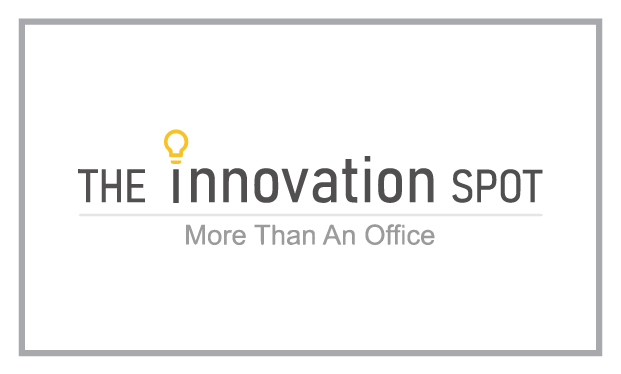
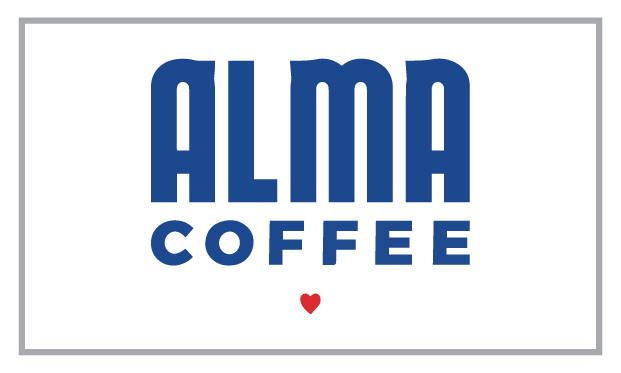
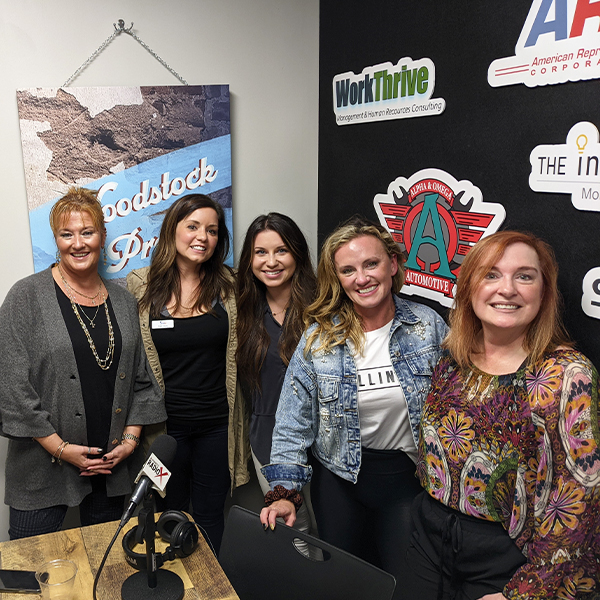
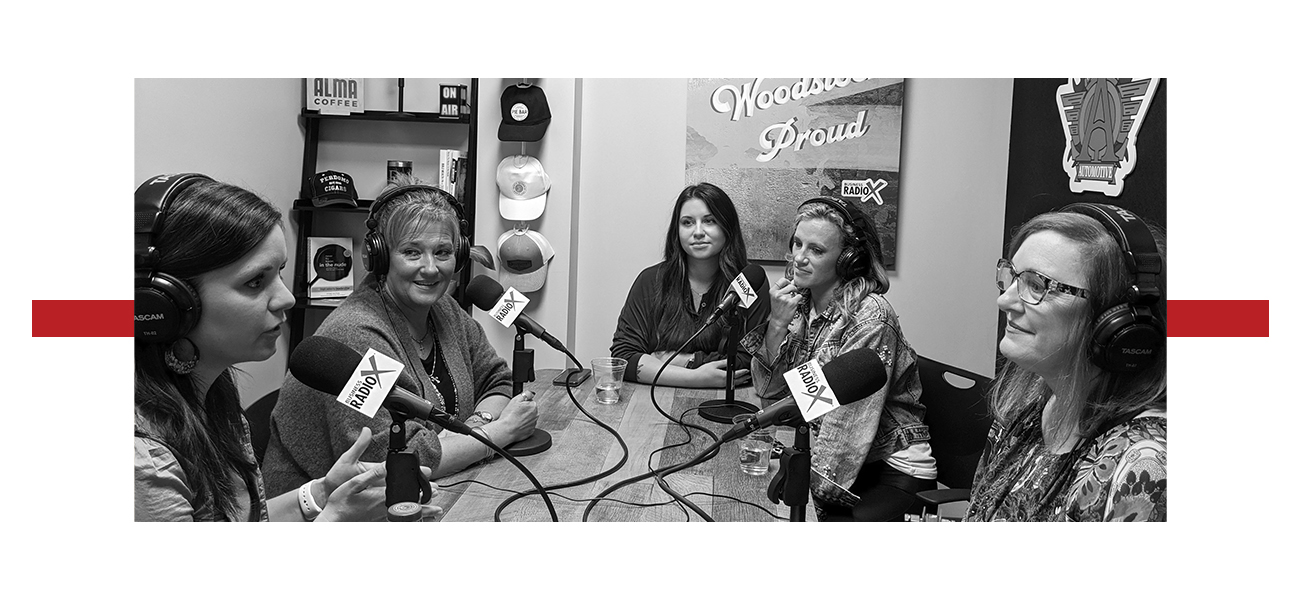
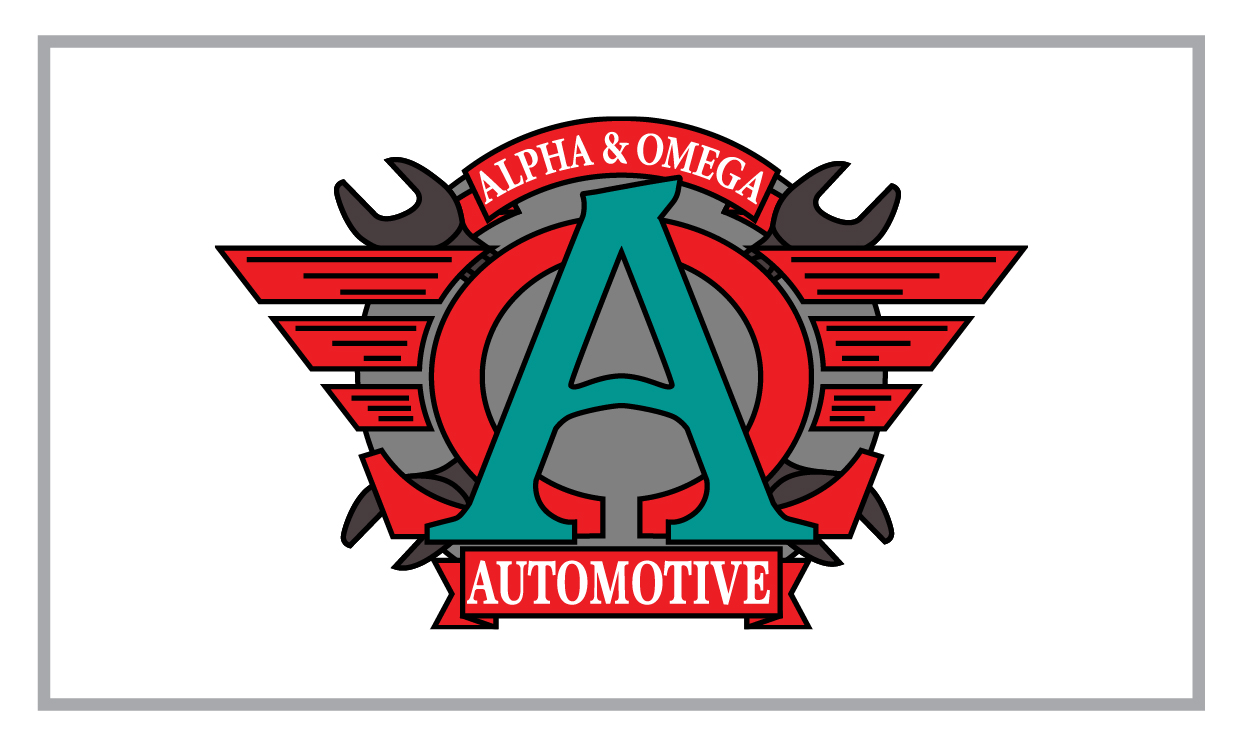
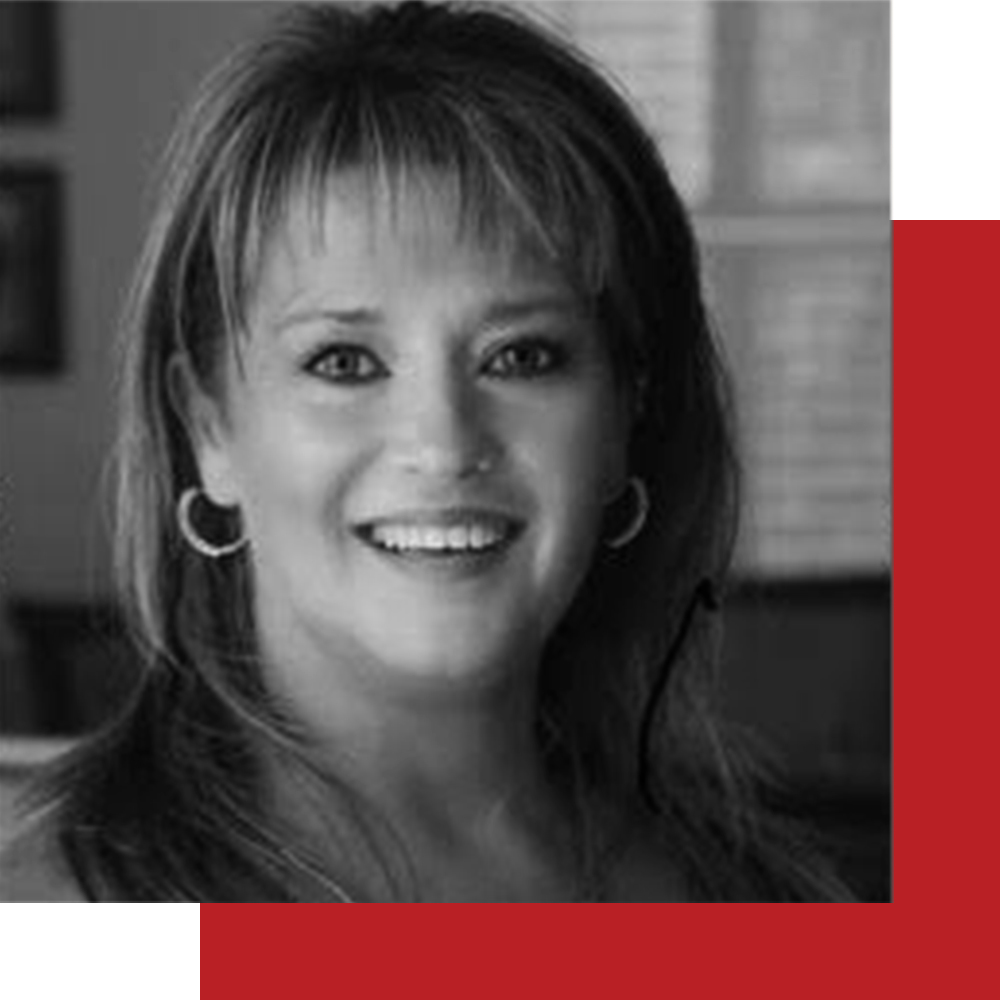 Ramona Long, Owner of
Ramona Long, Owner of 
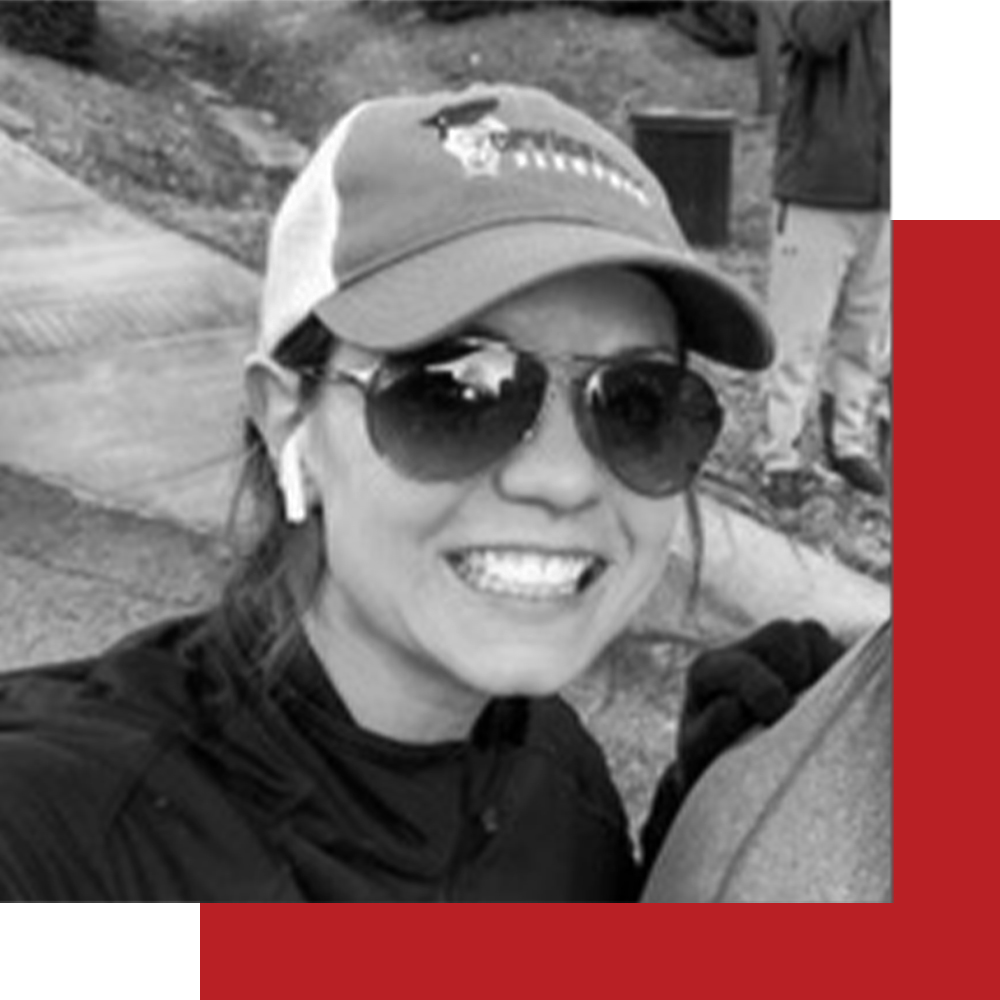 Maggie Grayeski, Co-Owner of
Maggie Grayeski, Co-Owner of 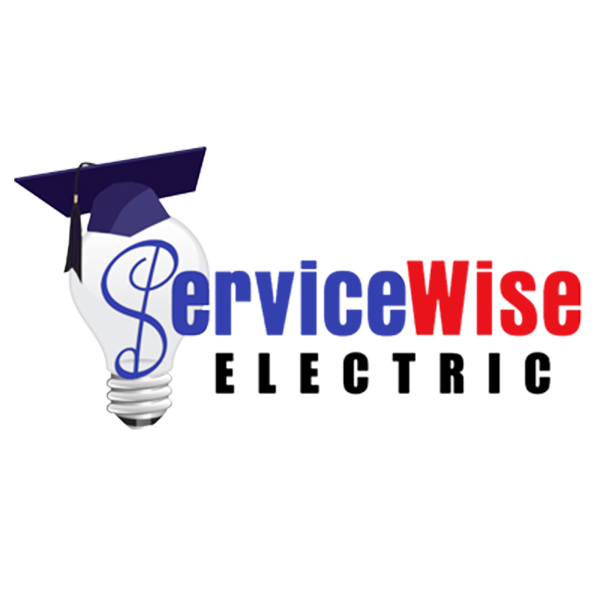
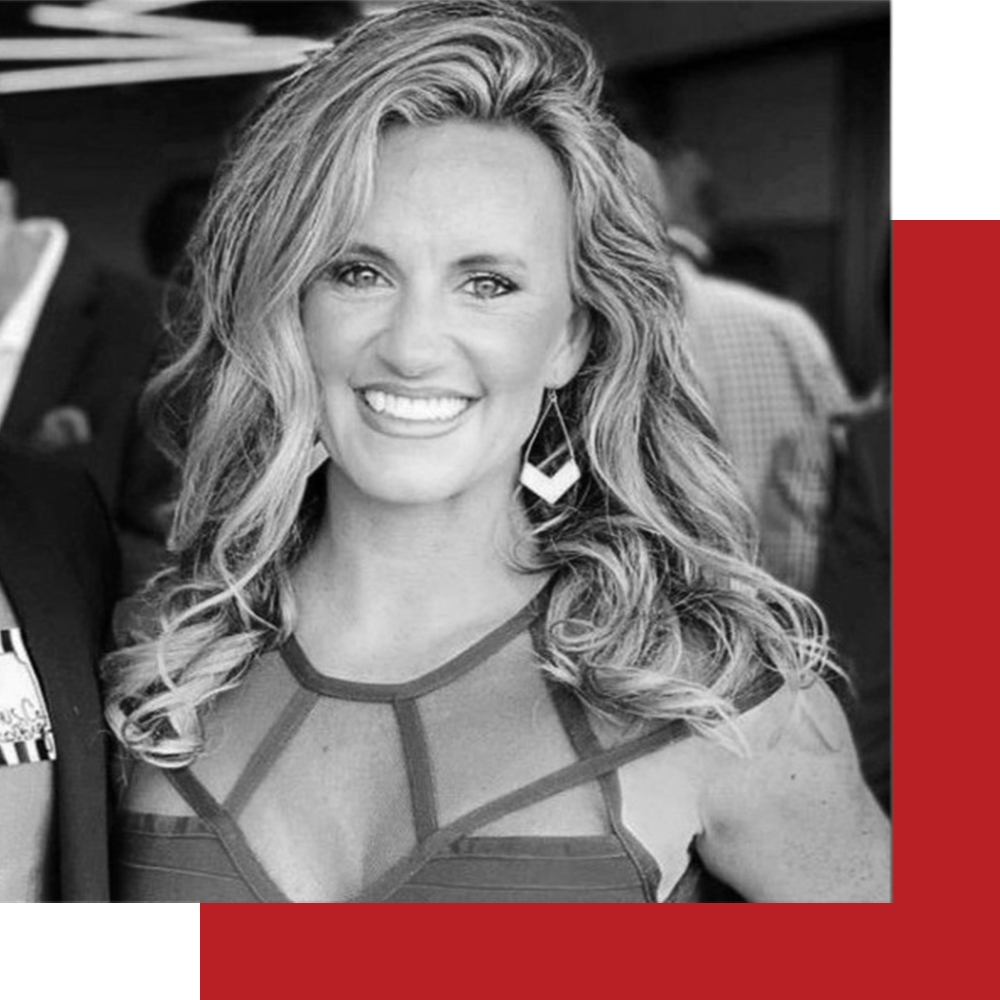
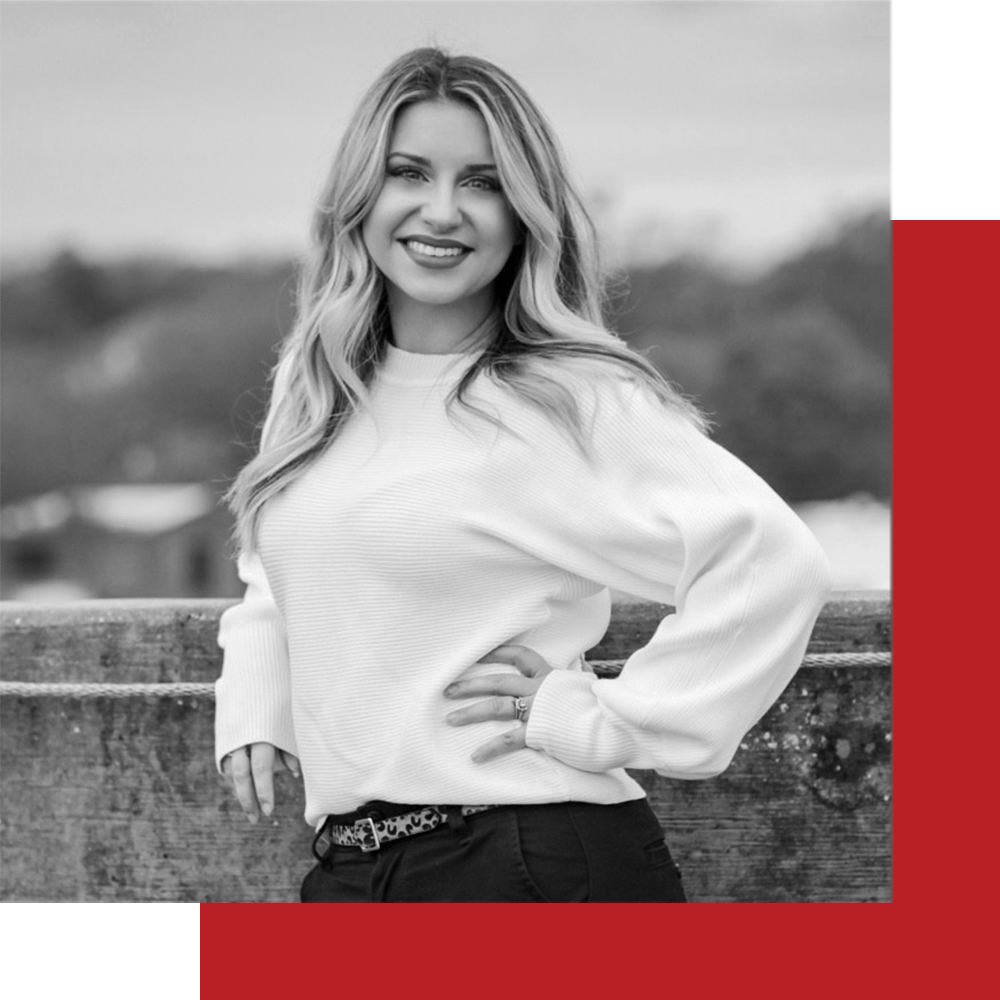 Chelsea Winters, Co-Owner of
Chelsea Winters, Co-Owner of 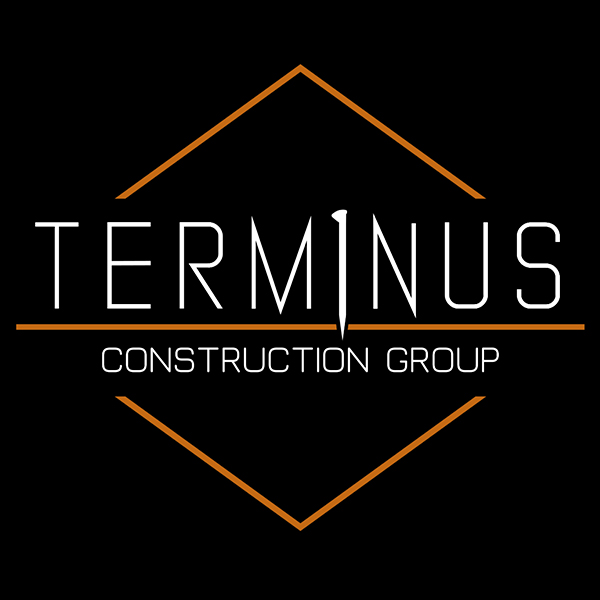 Connect with Chelsea on
Connect with Chelsea on 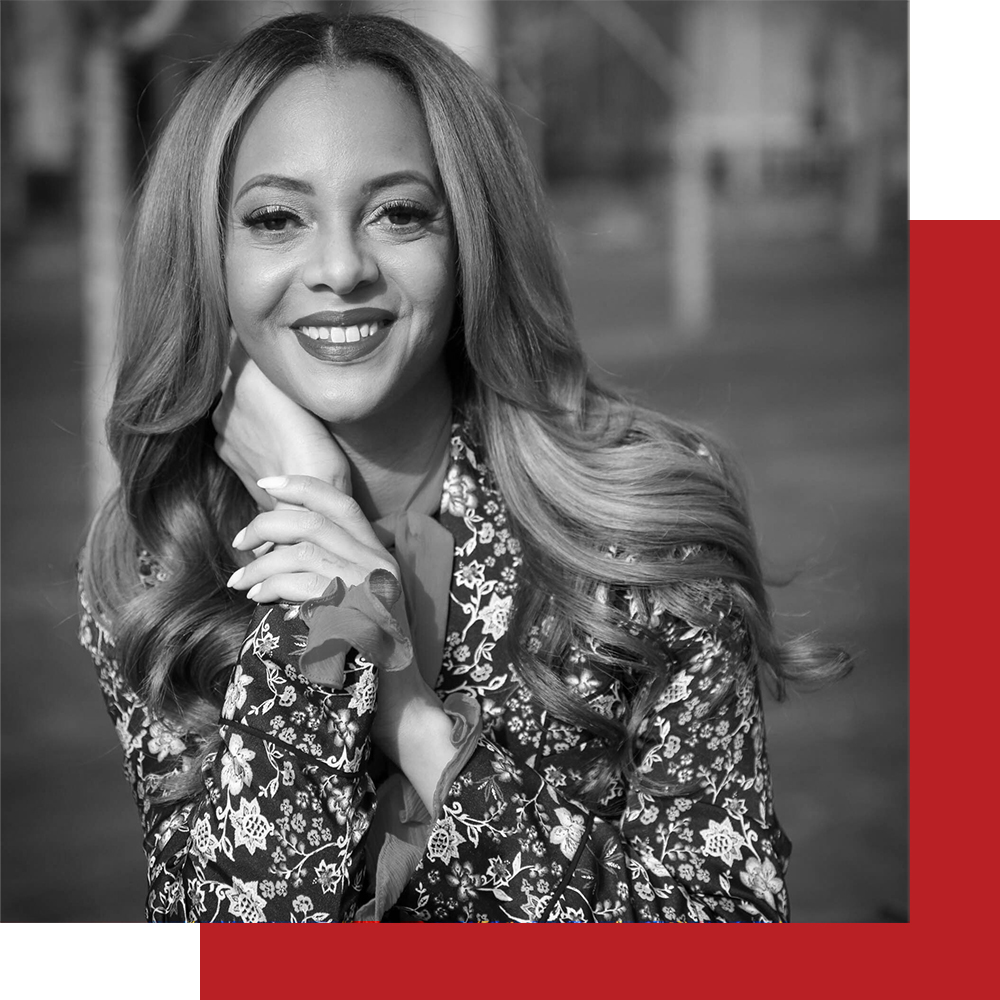

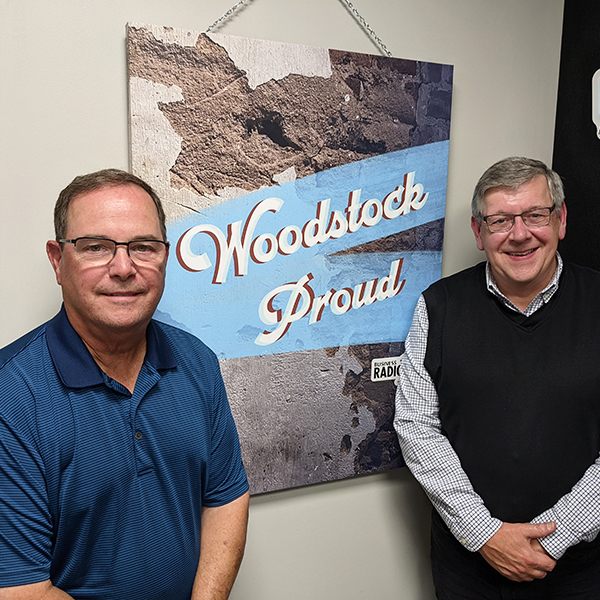

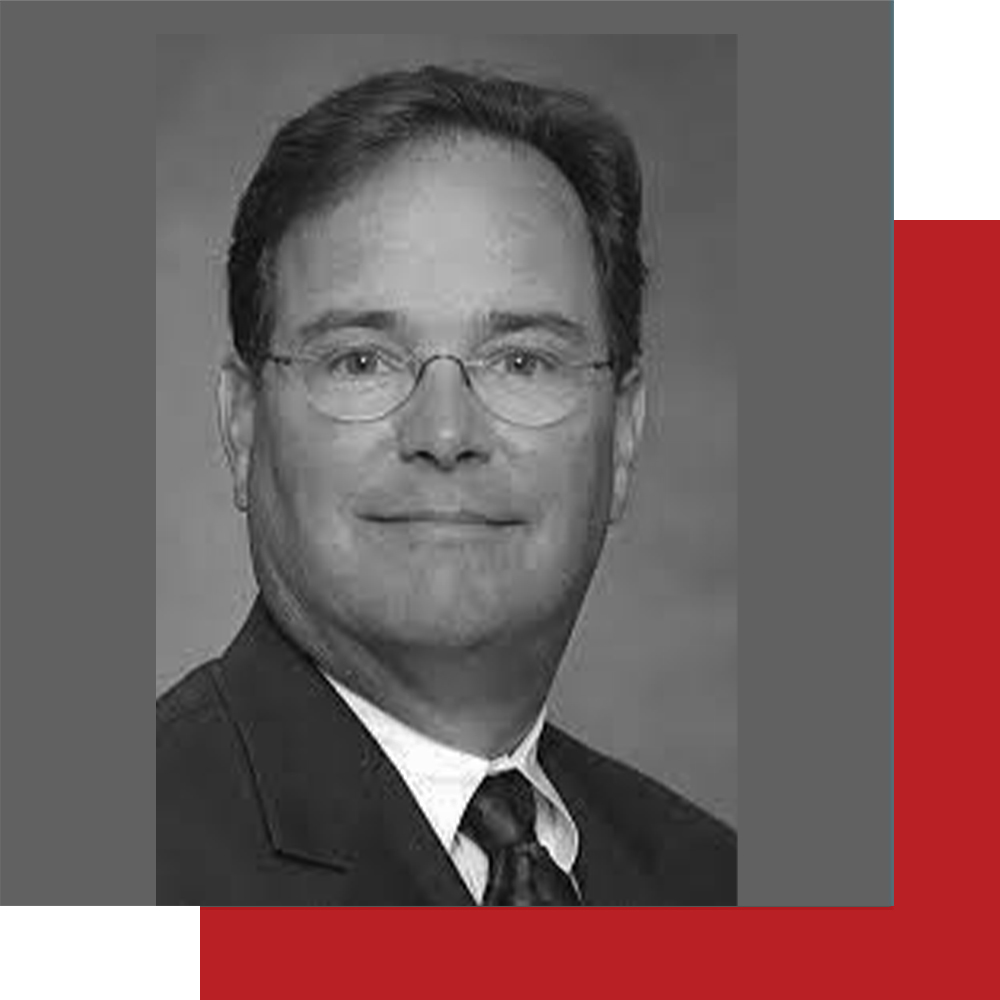 Mayor Donnie Henriques
Mayor Donnie Henriques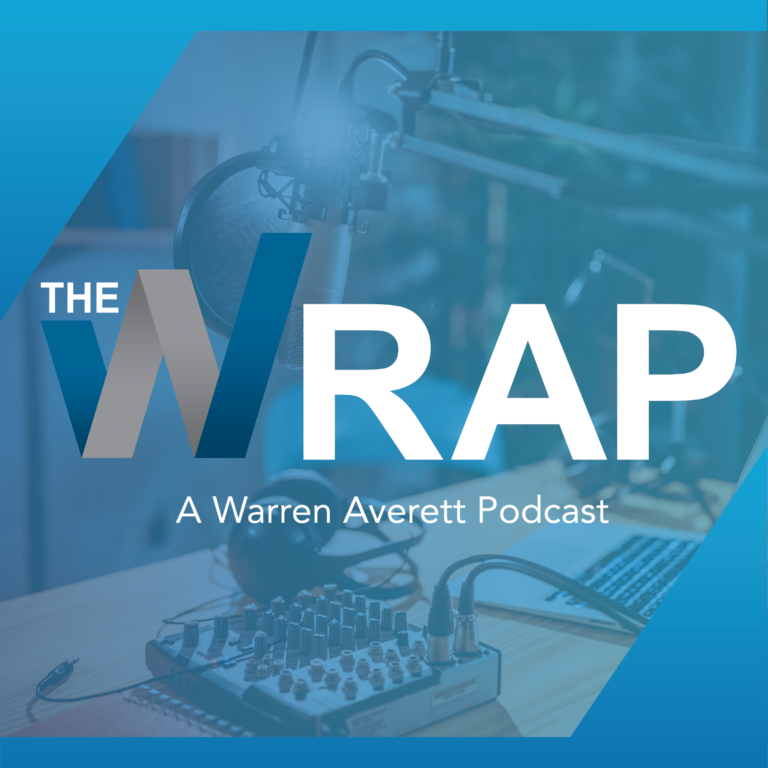
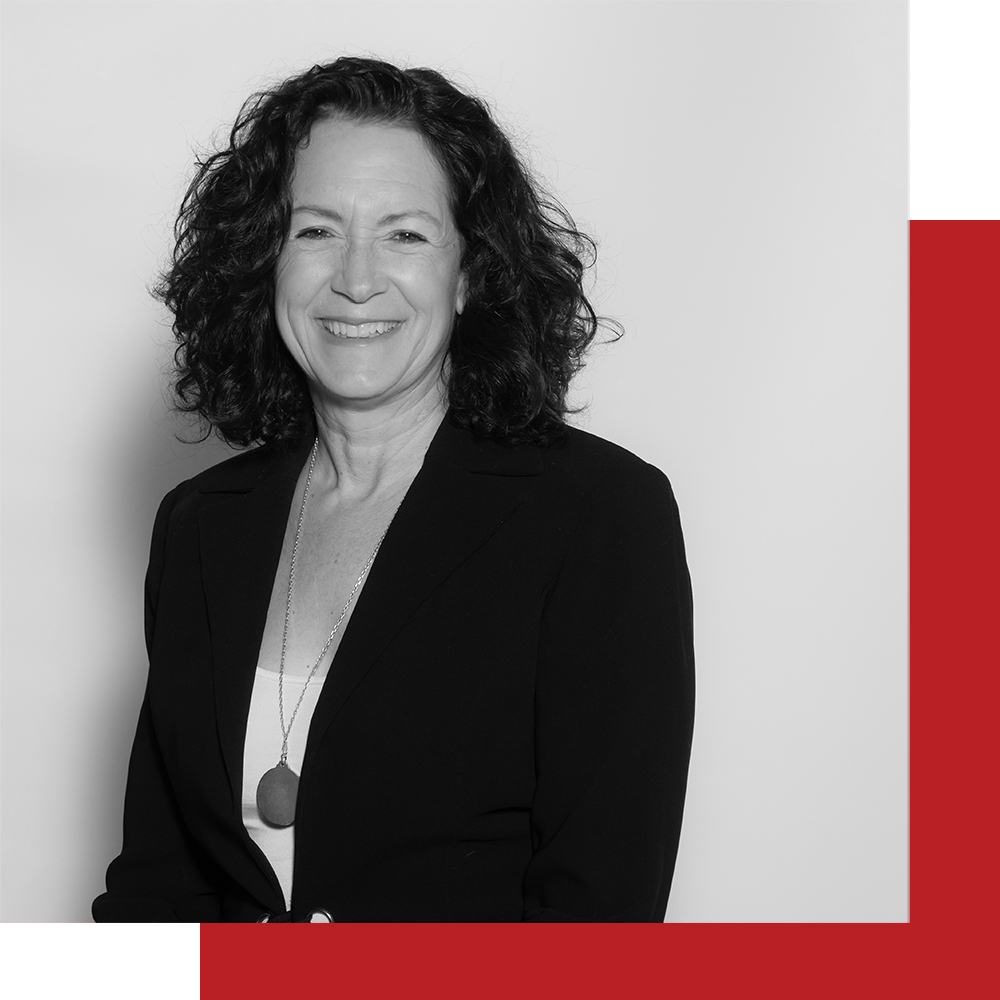
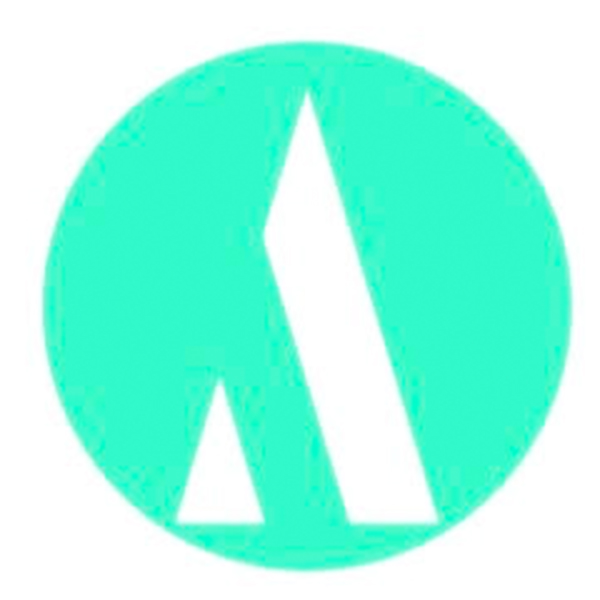
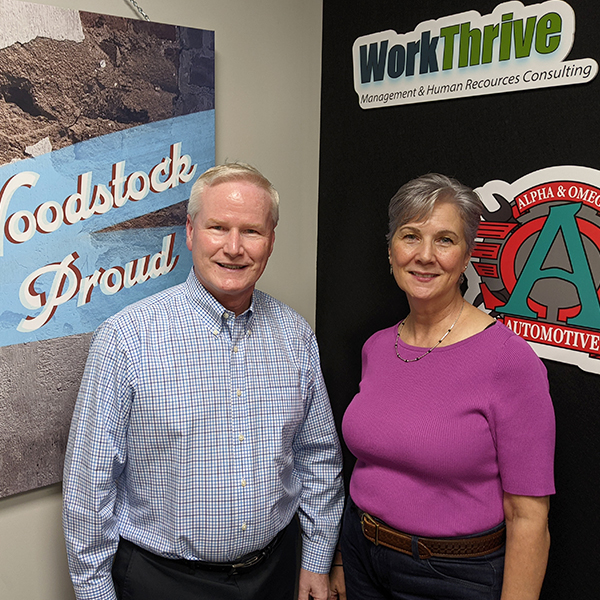
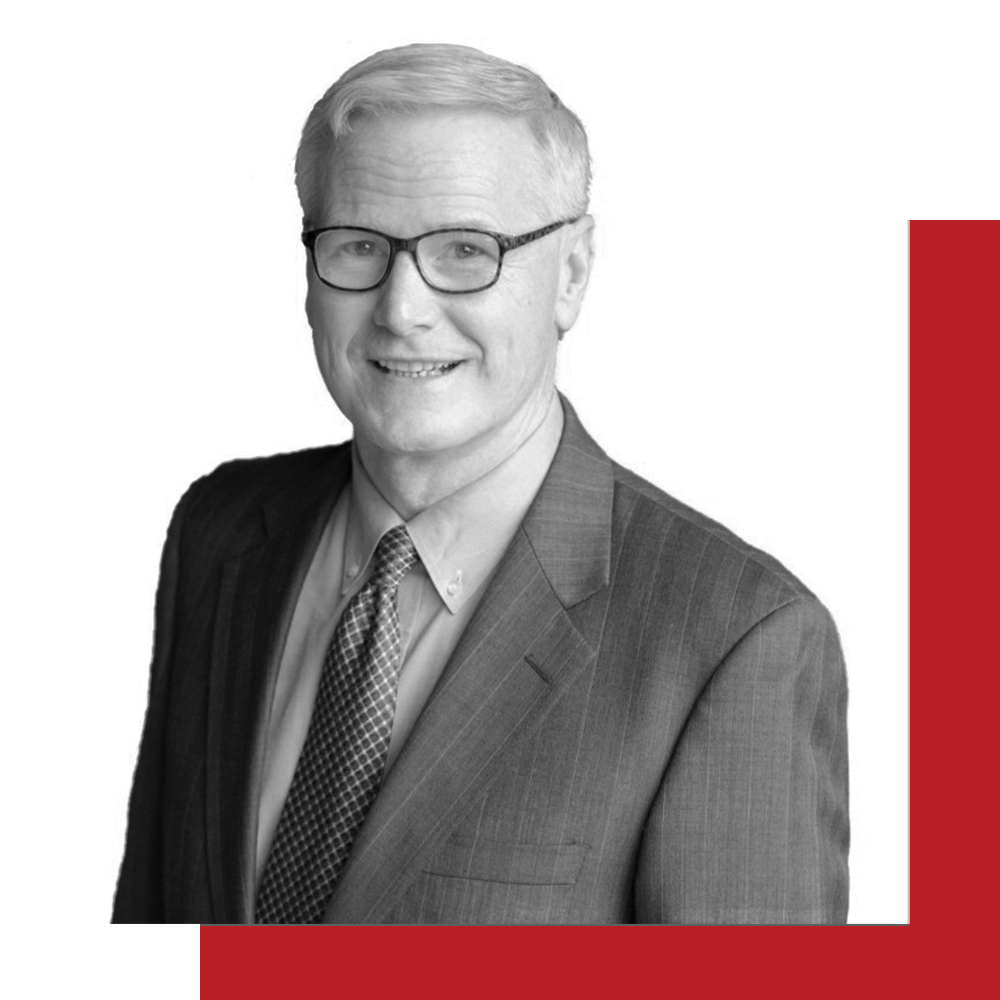
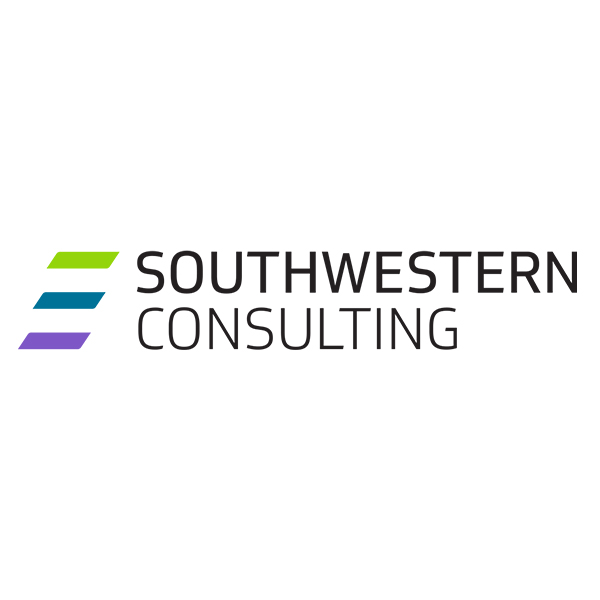
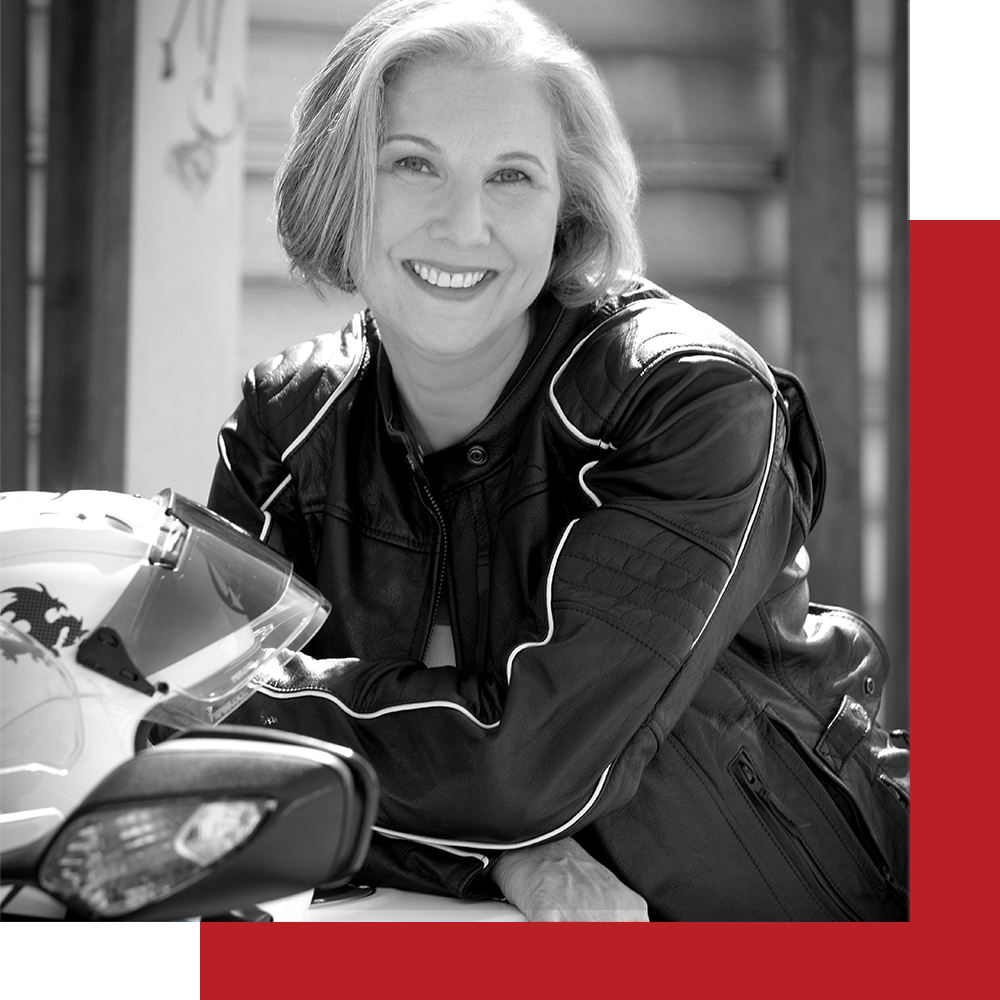 Michelle Cleveland, Life Enrichment Guide with
Michelle Cleveland, Life Enrichment Guide with 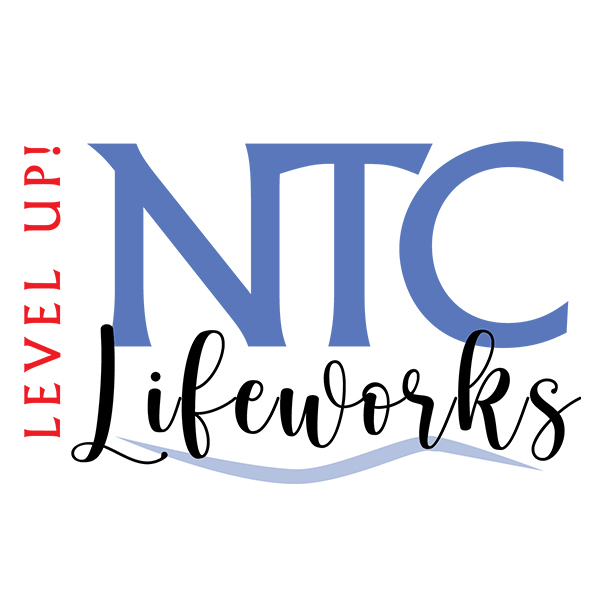
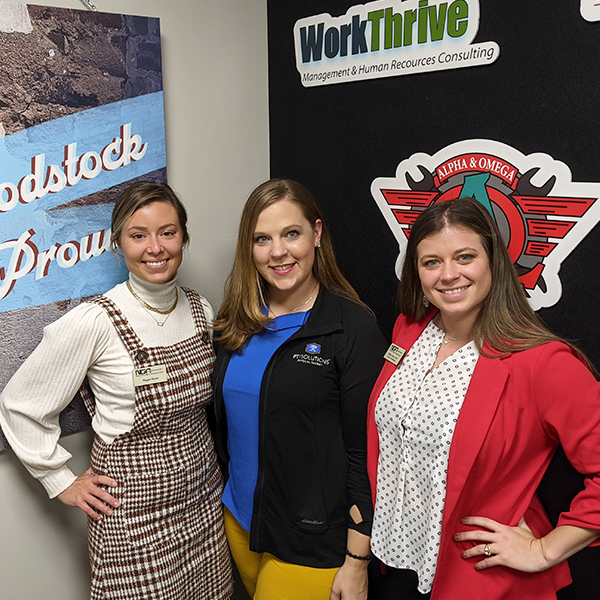
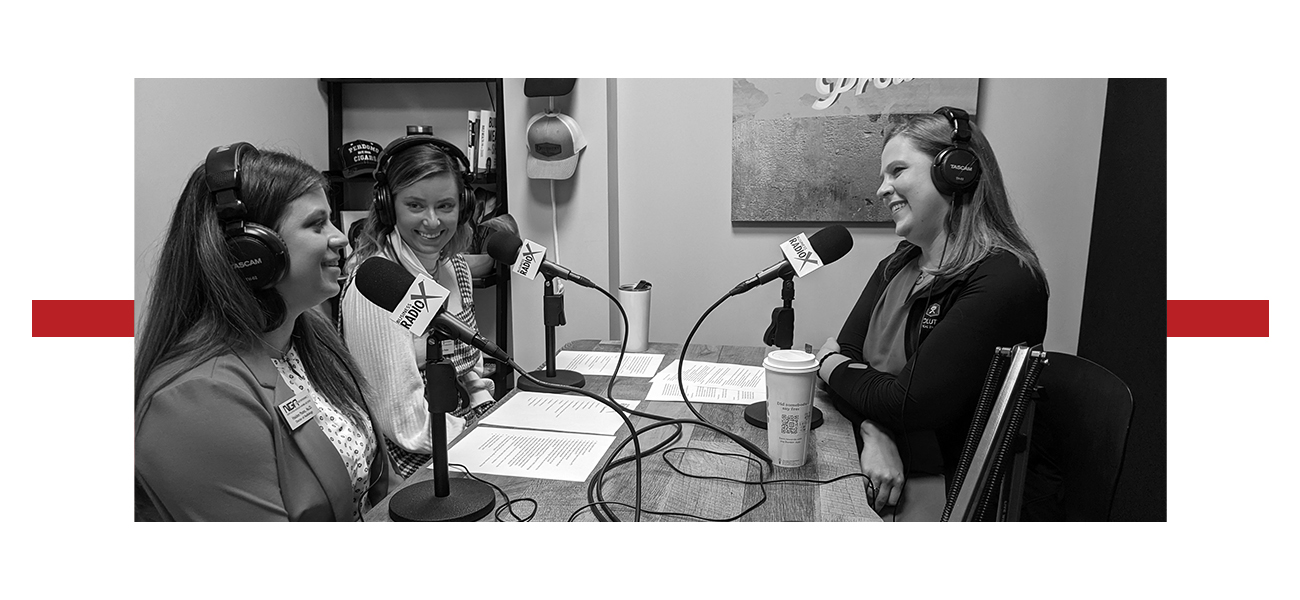

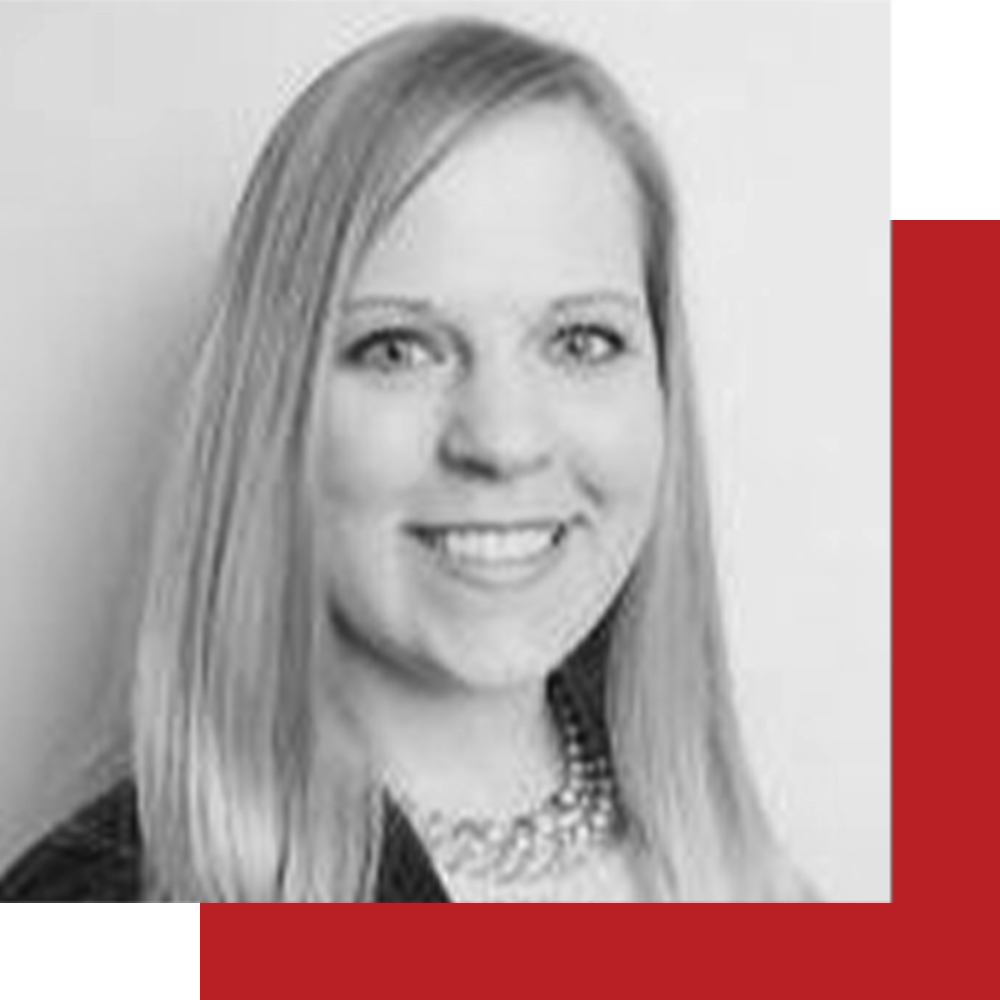 Lauren Weaver DPT,
Lauren Weaver DPT, 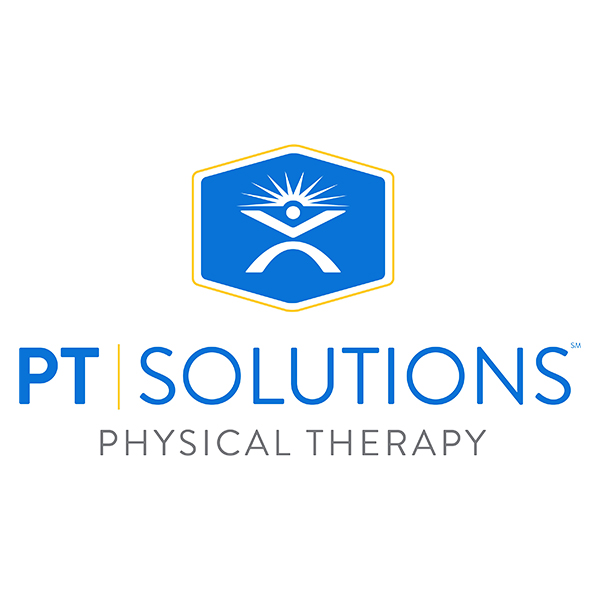
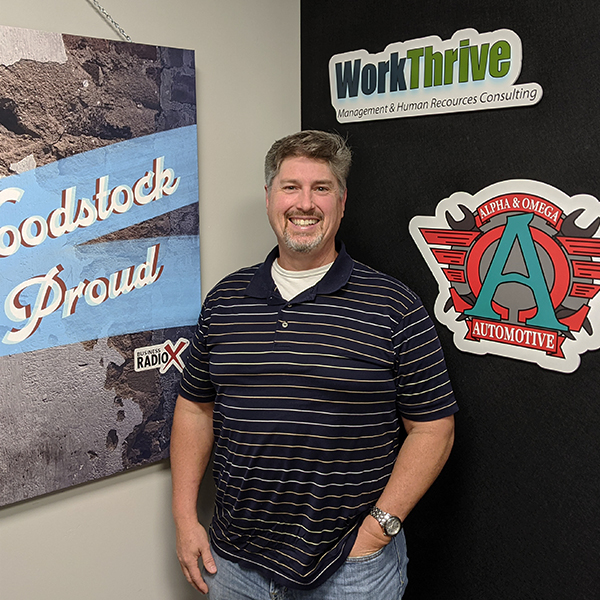
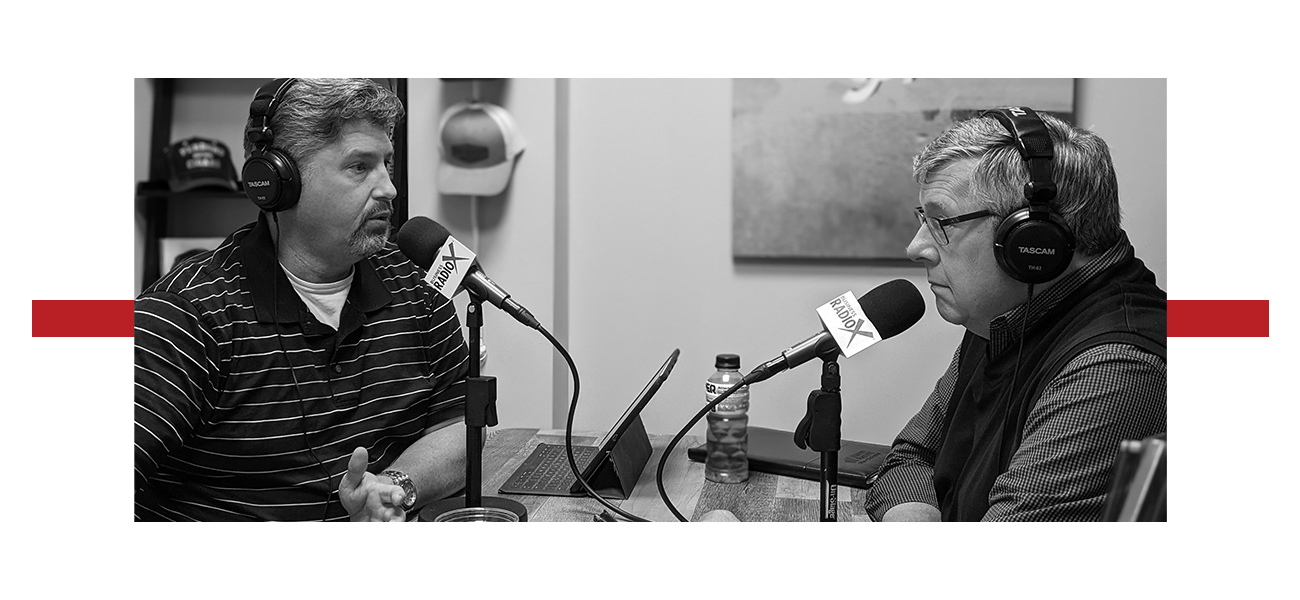
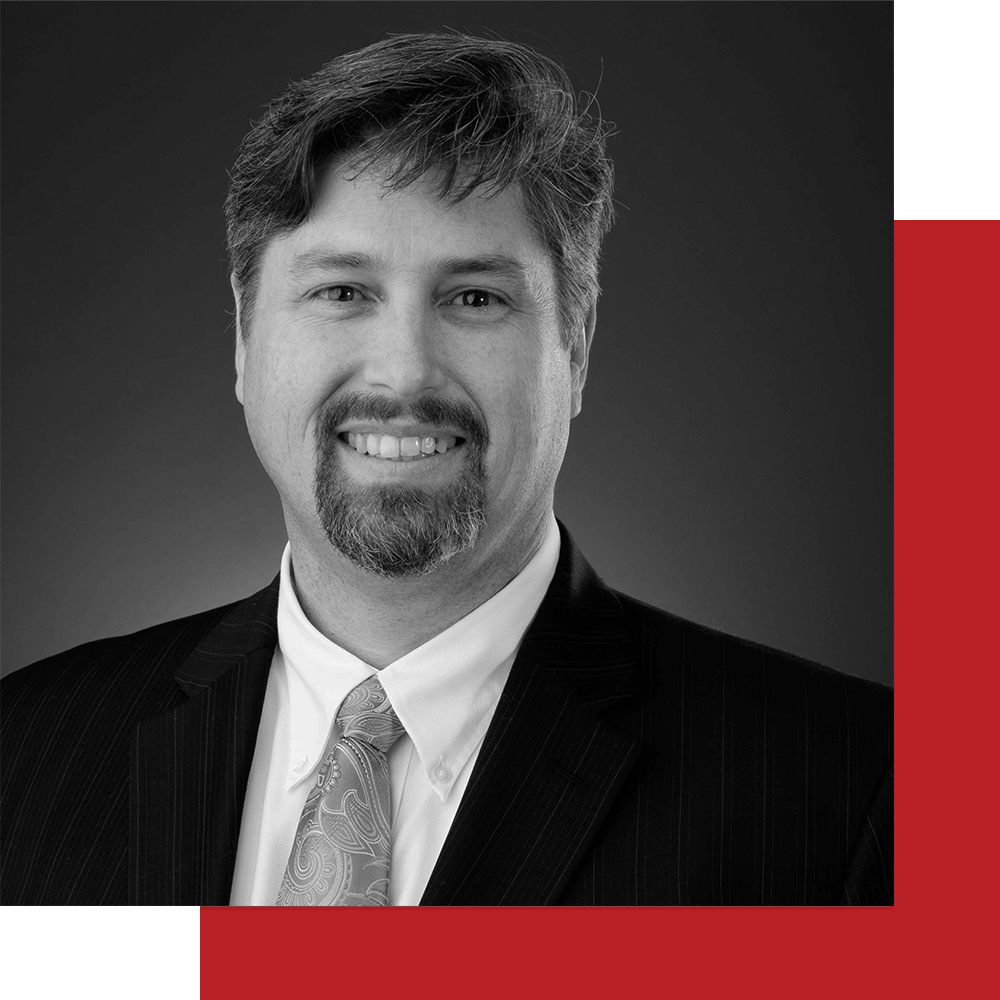 Leh Meriweather, Founder of
Leh Meriweather, Founder of 